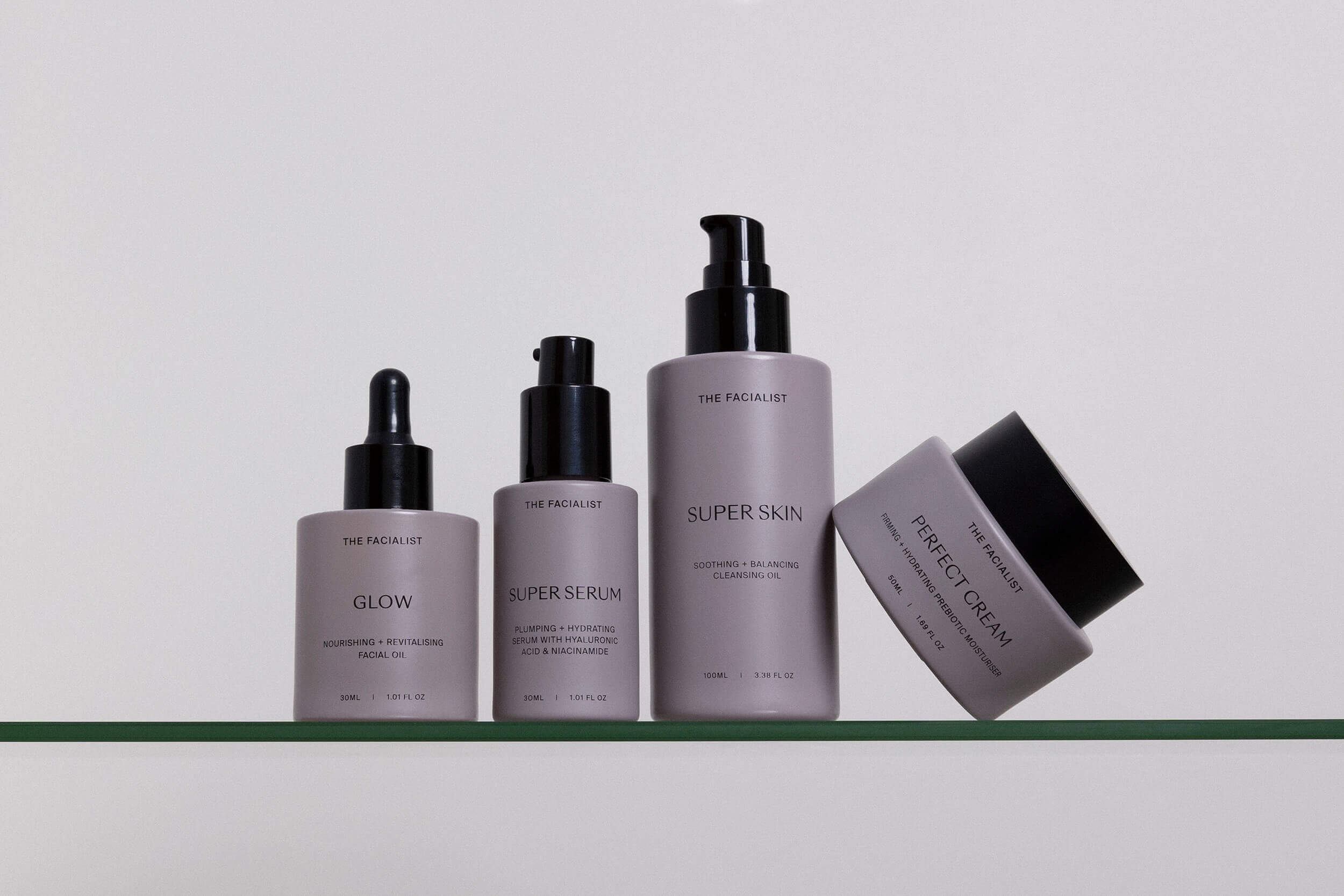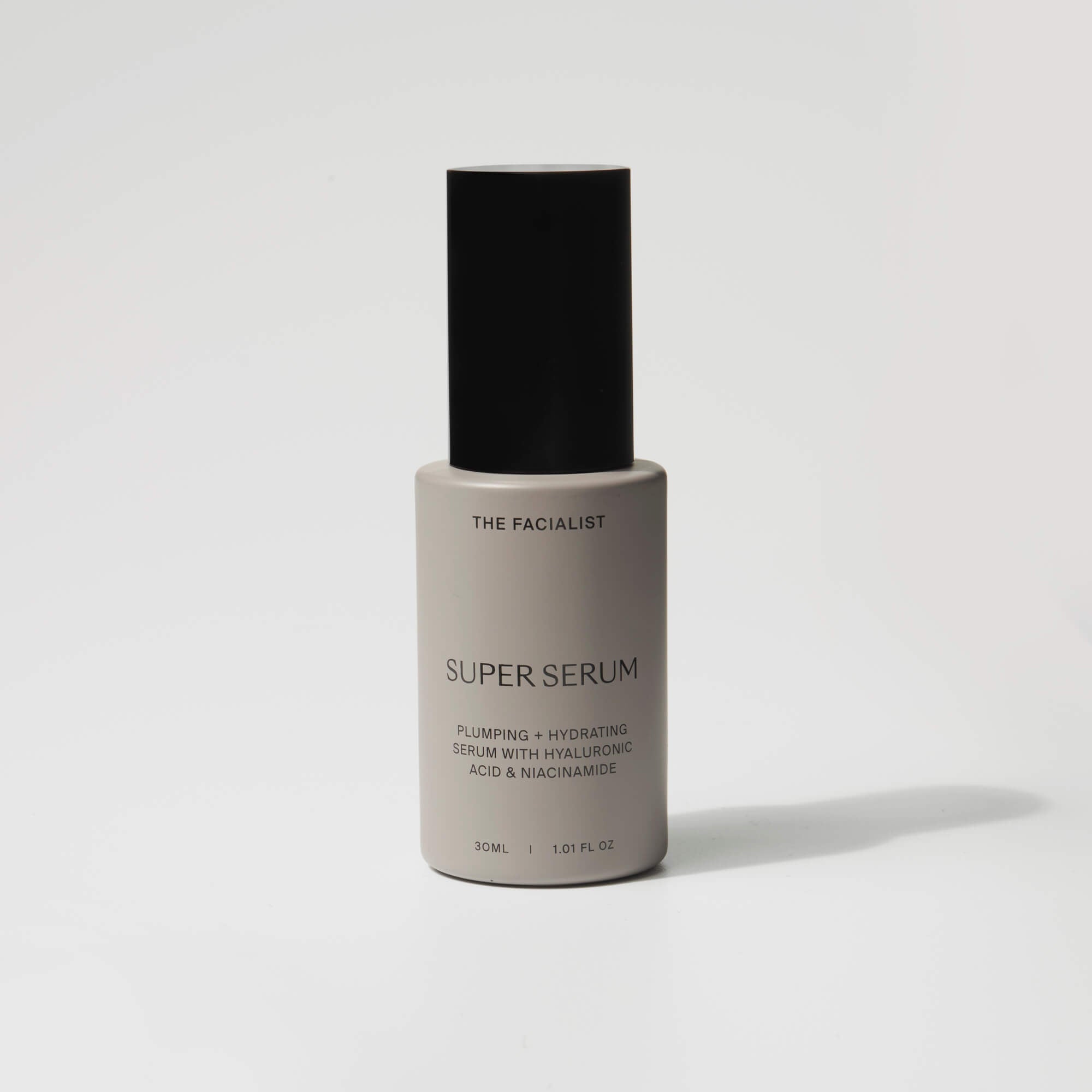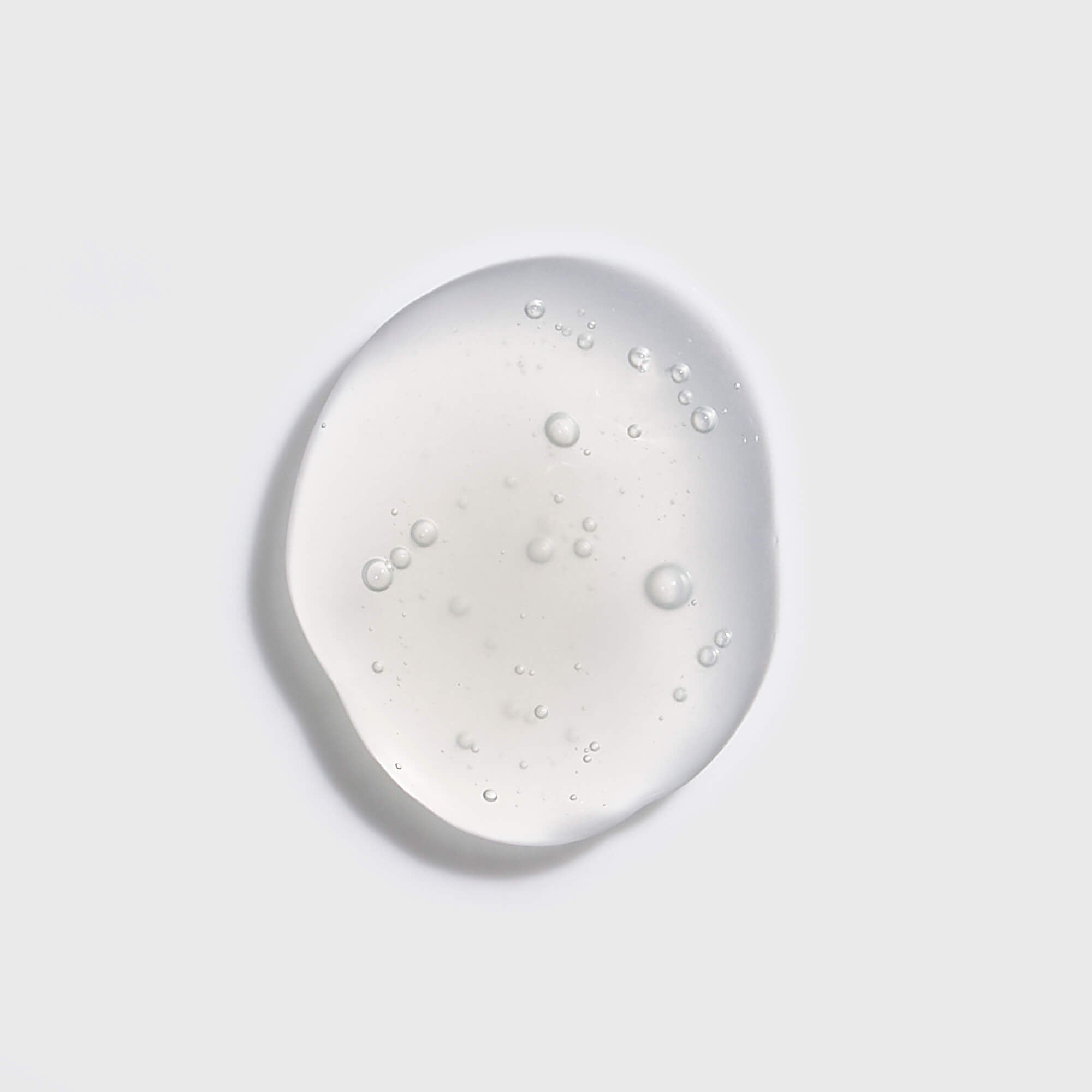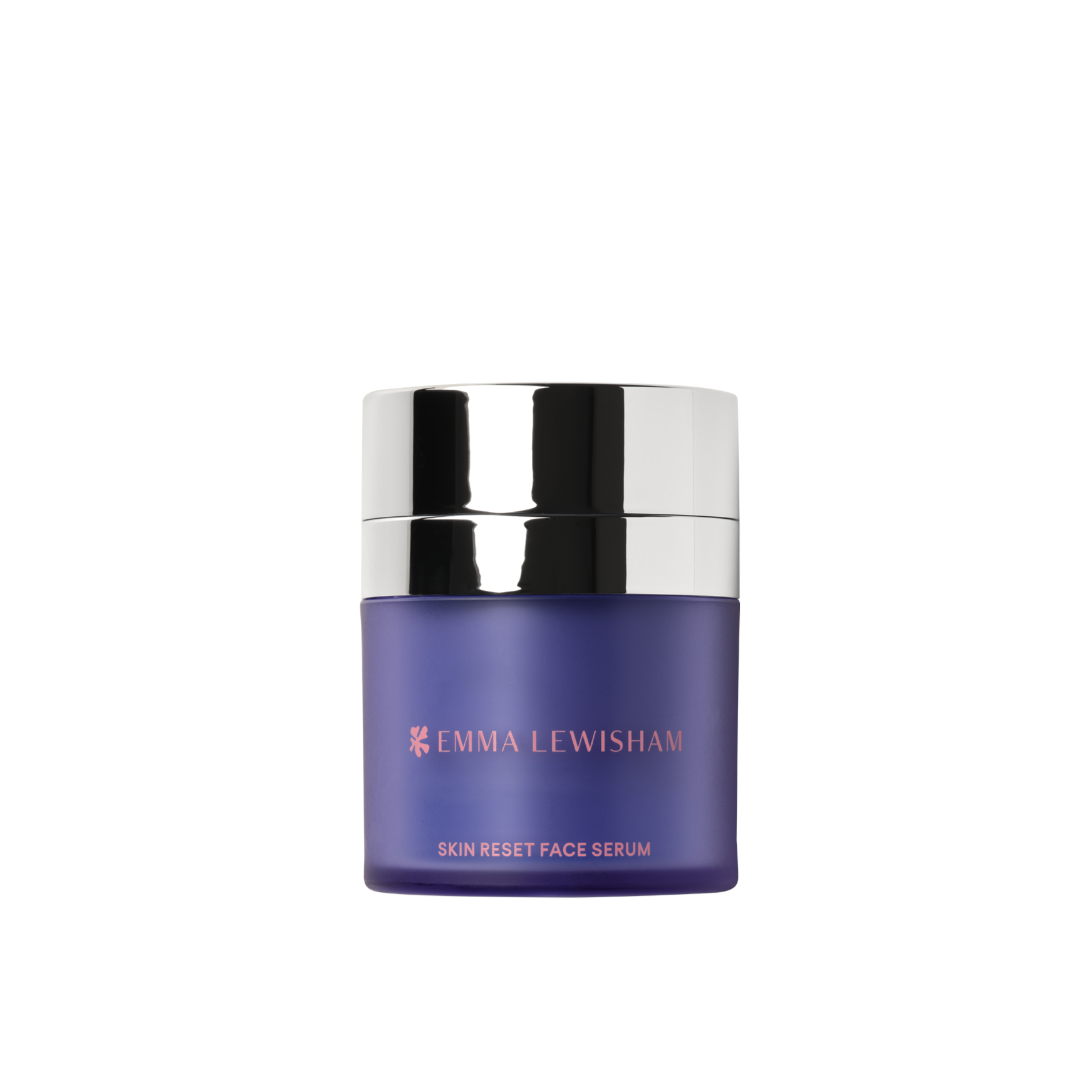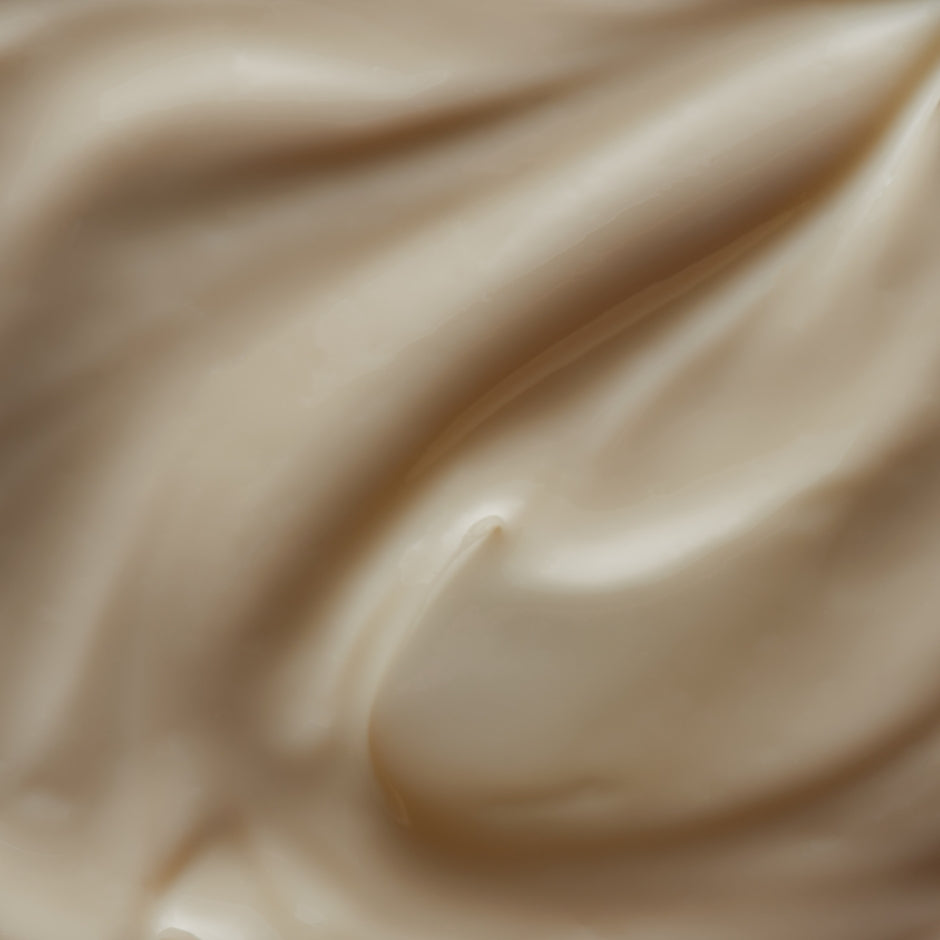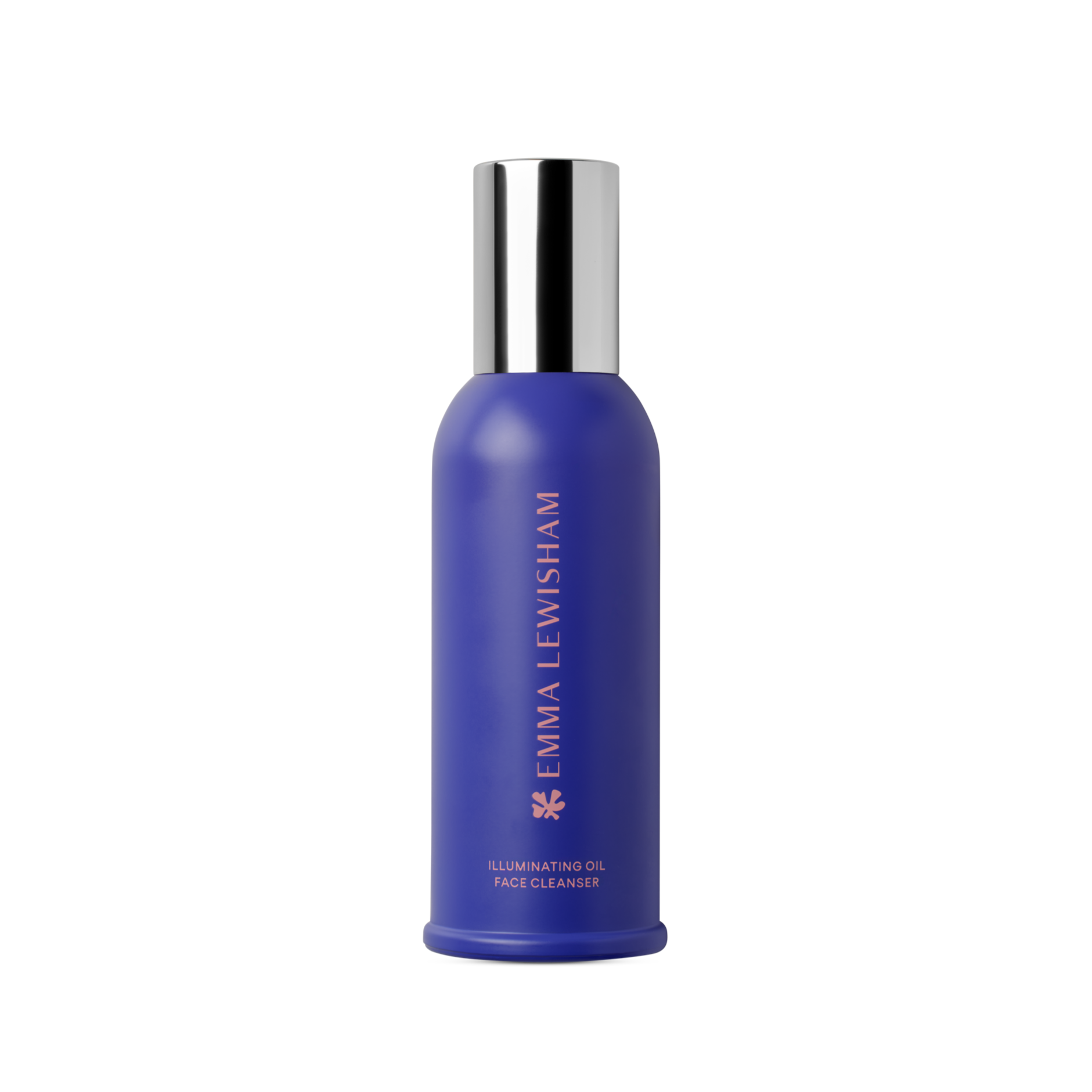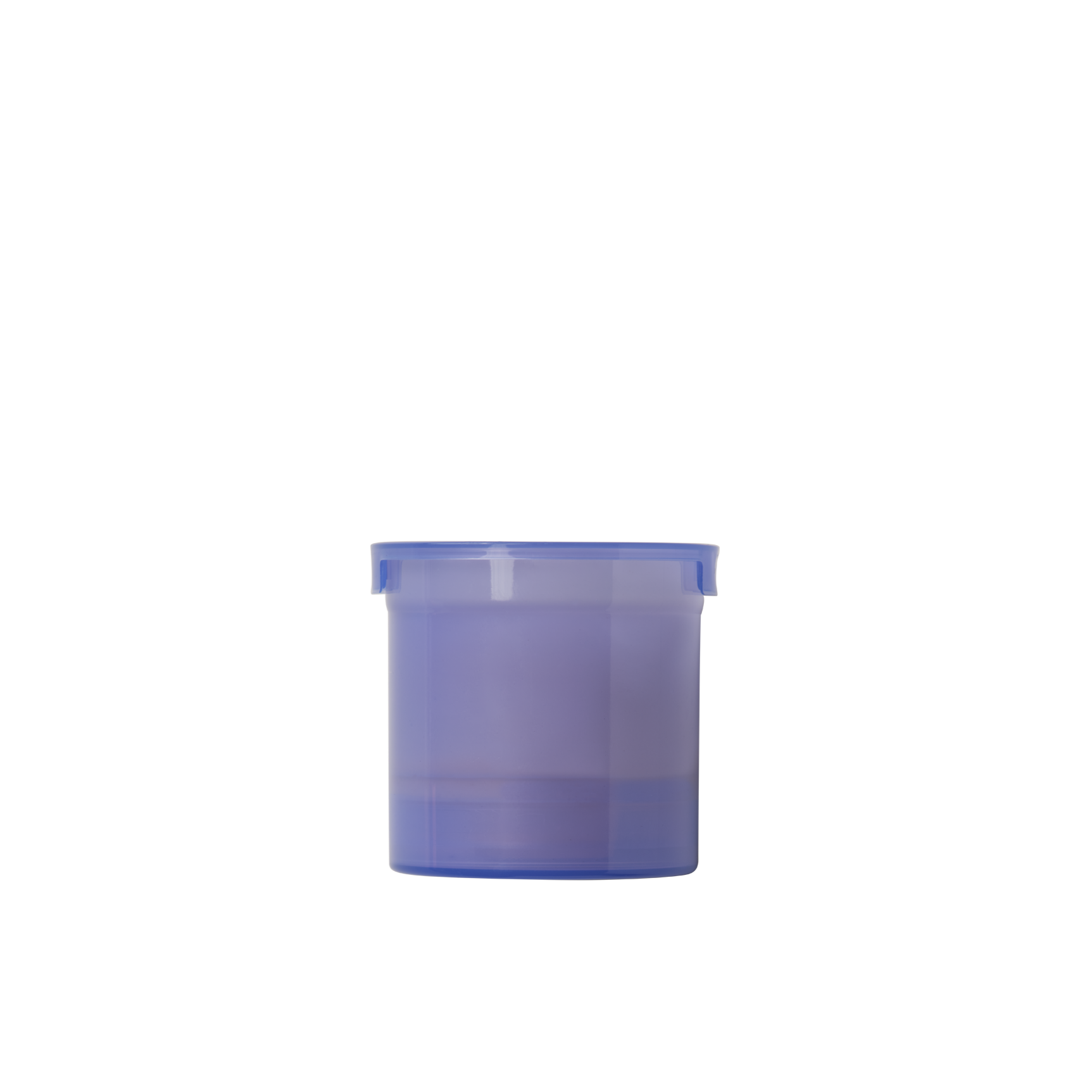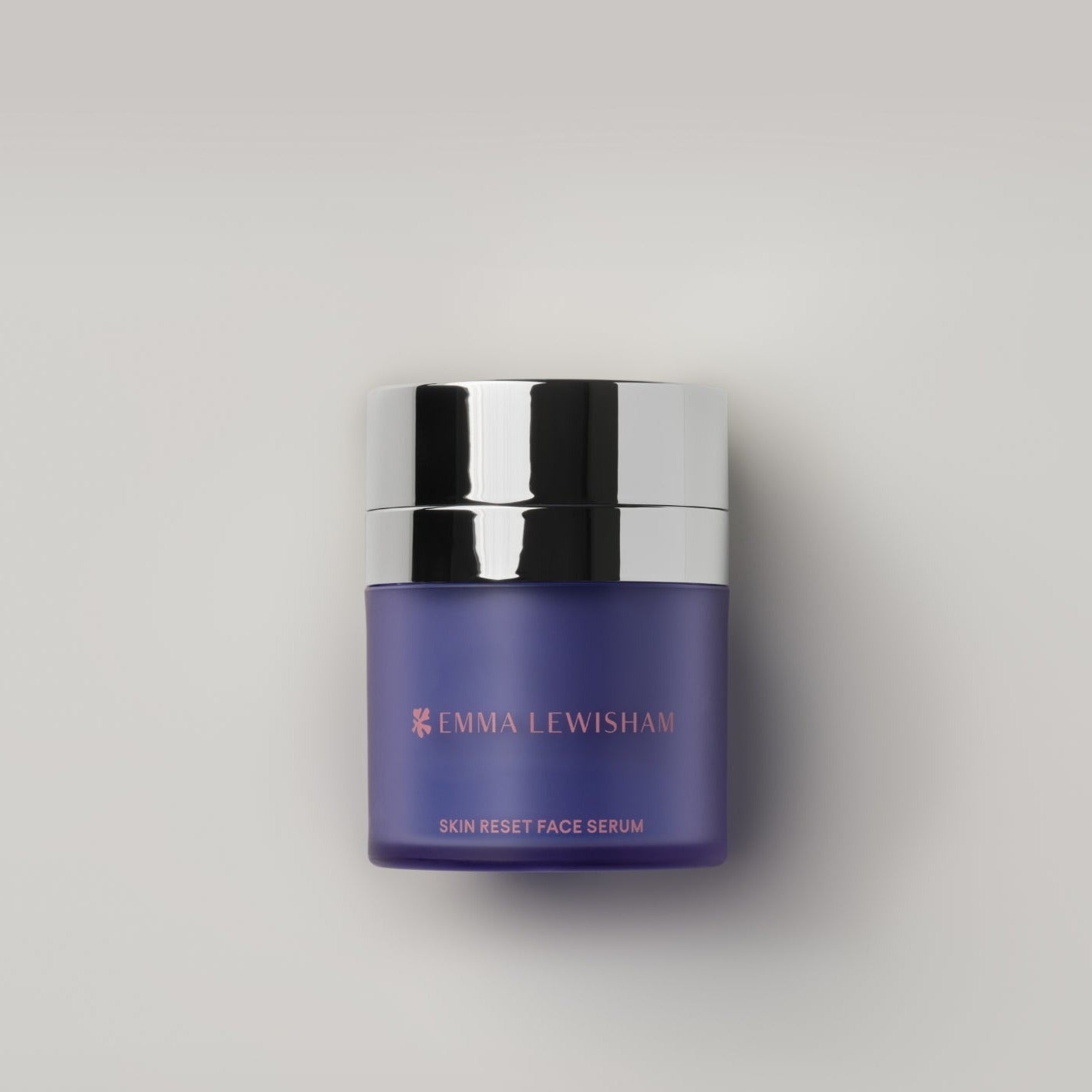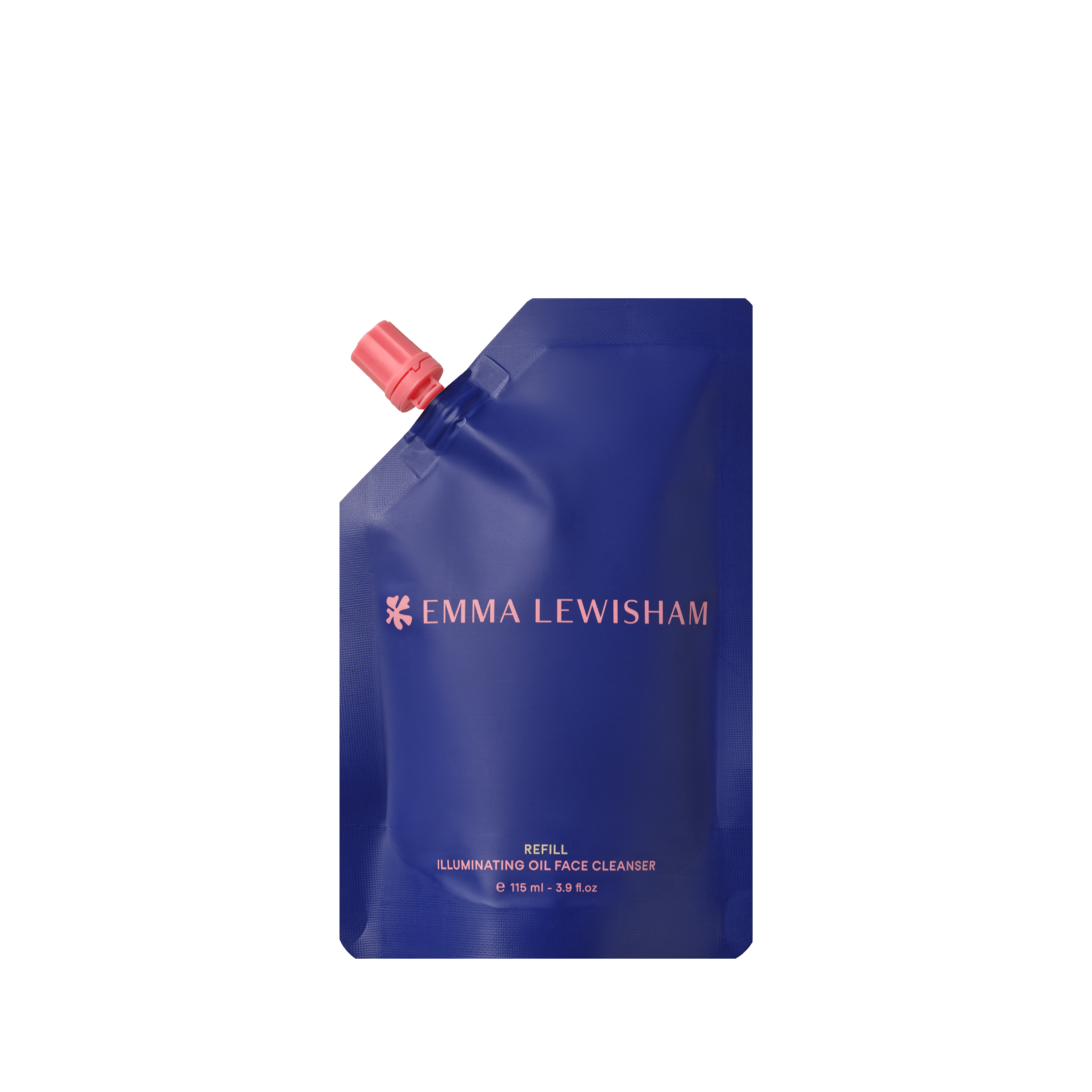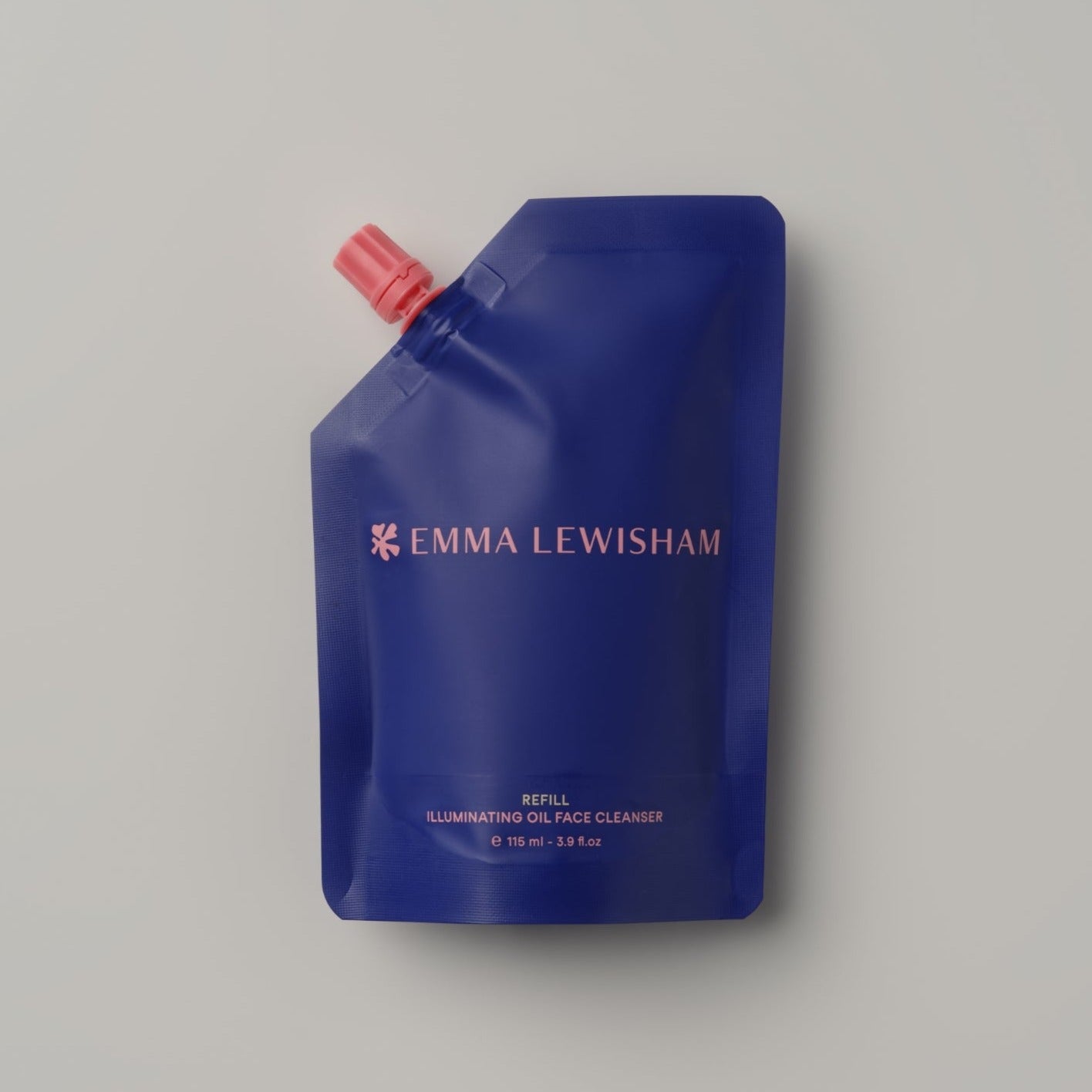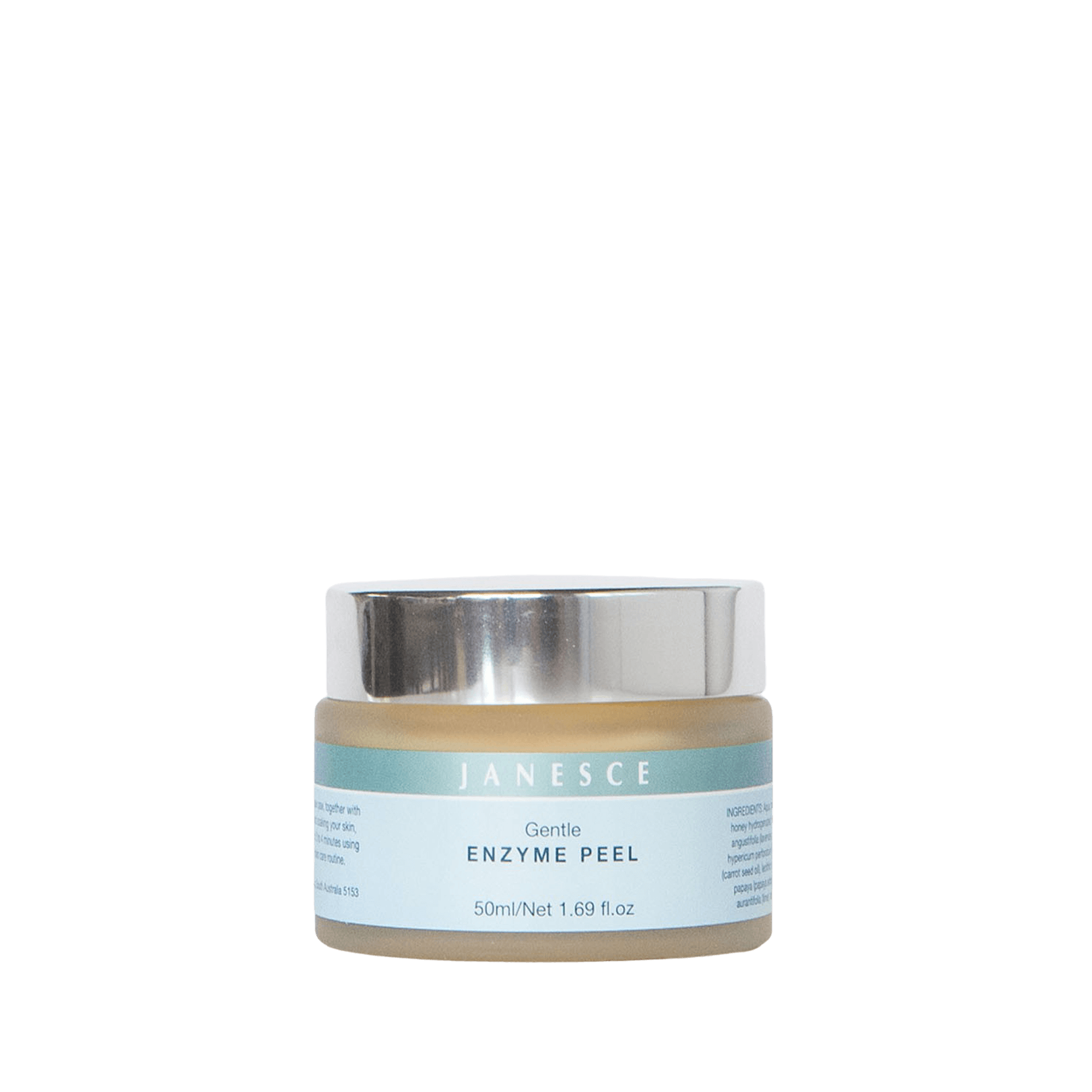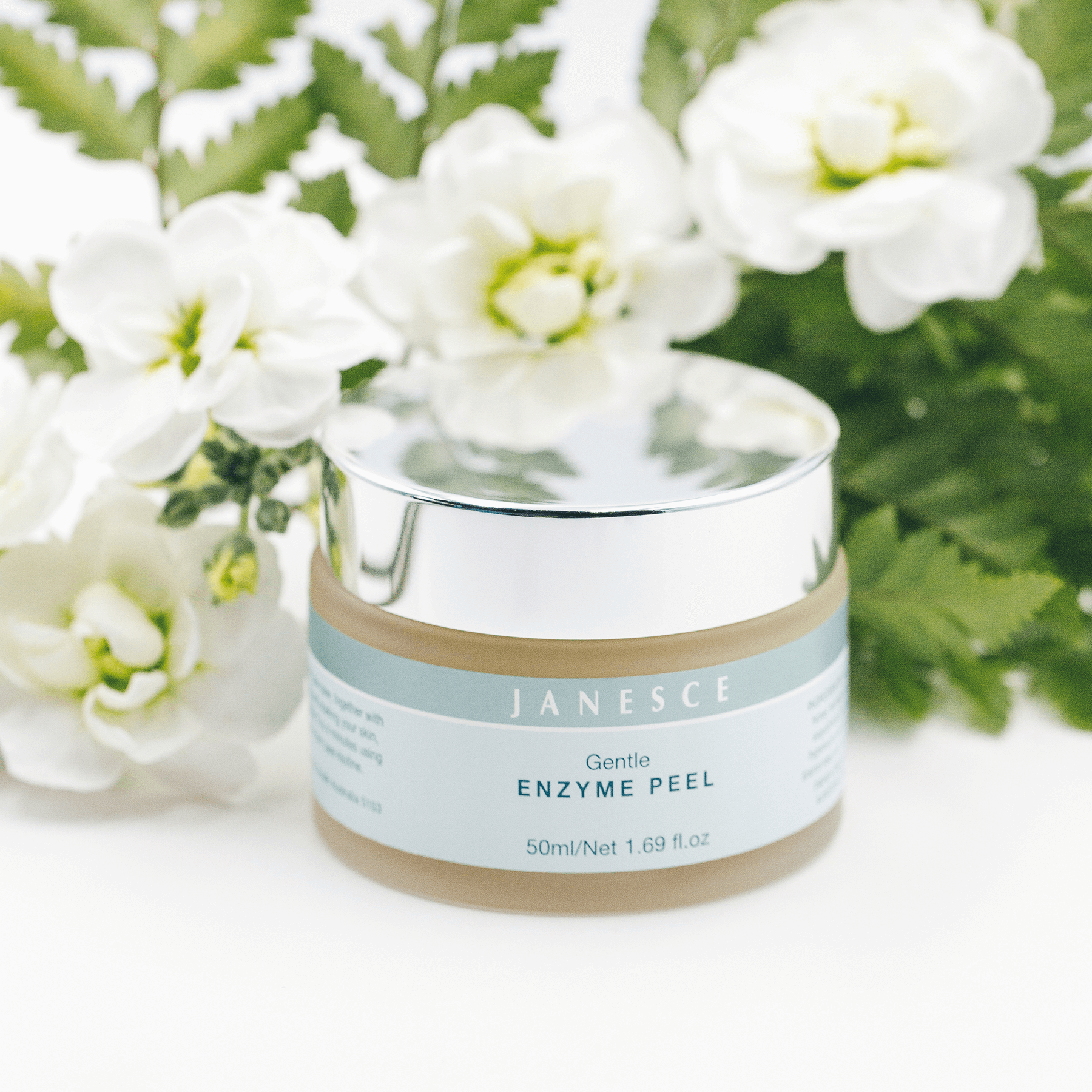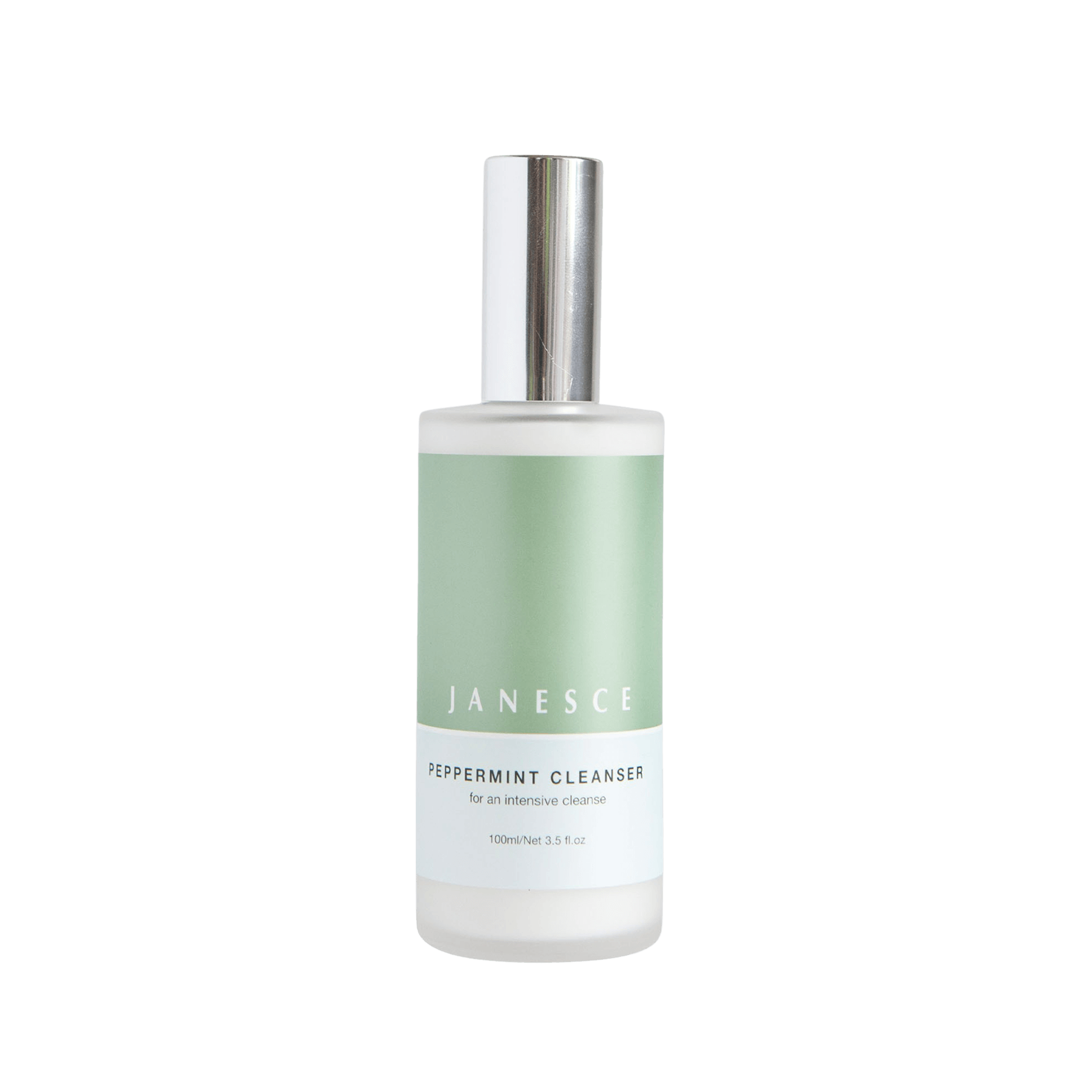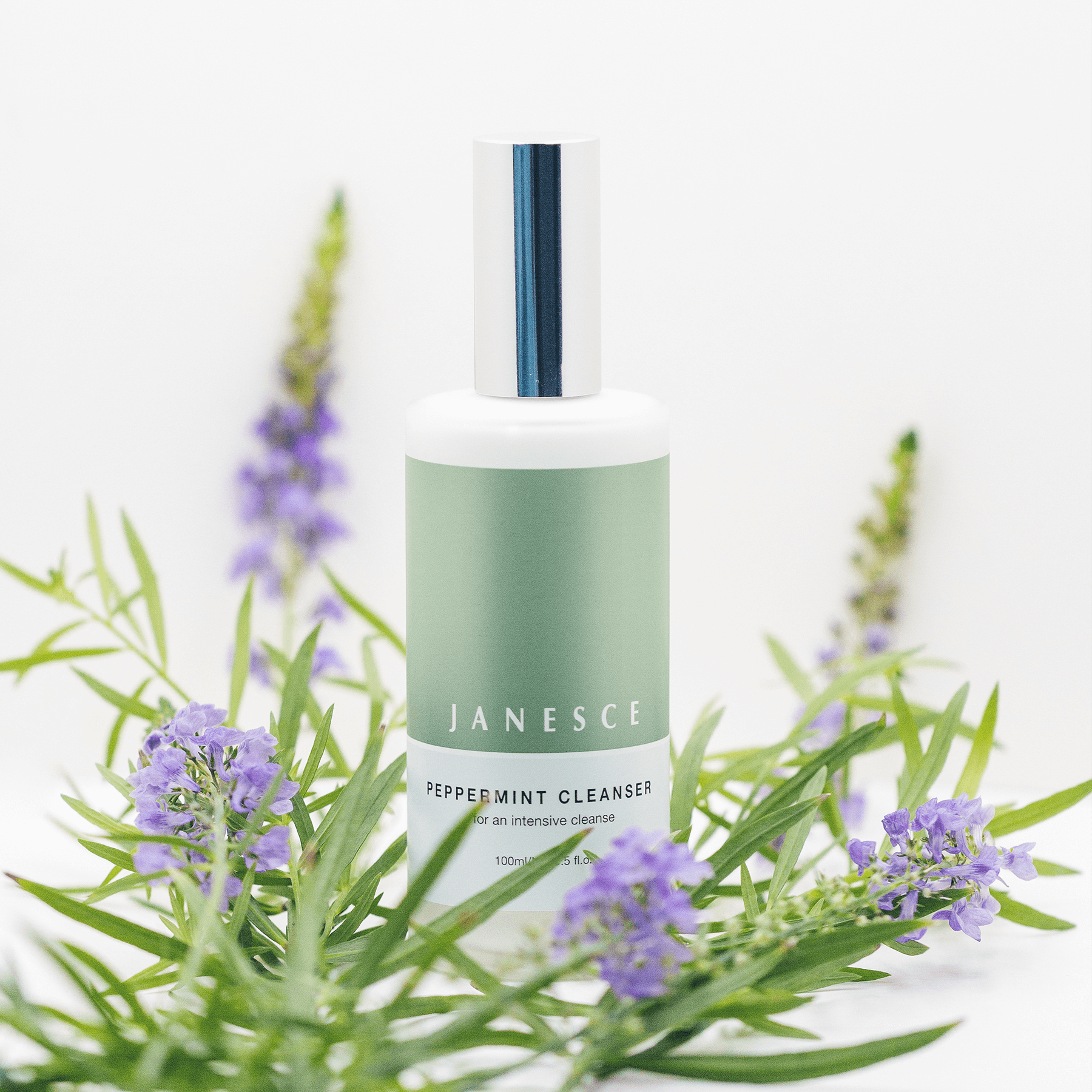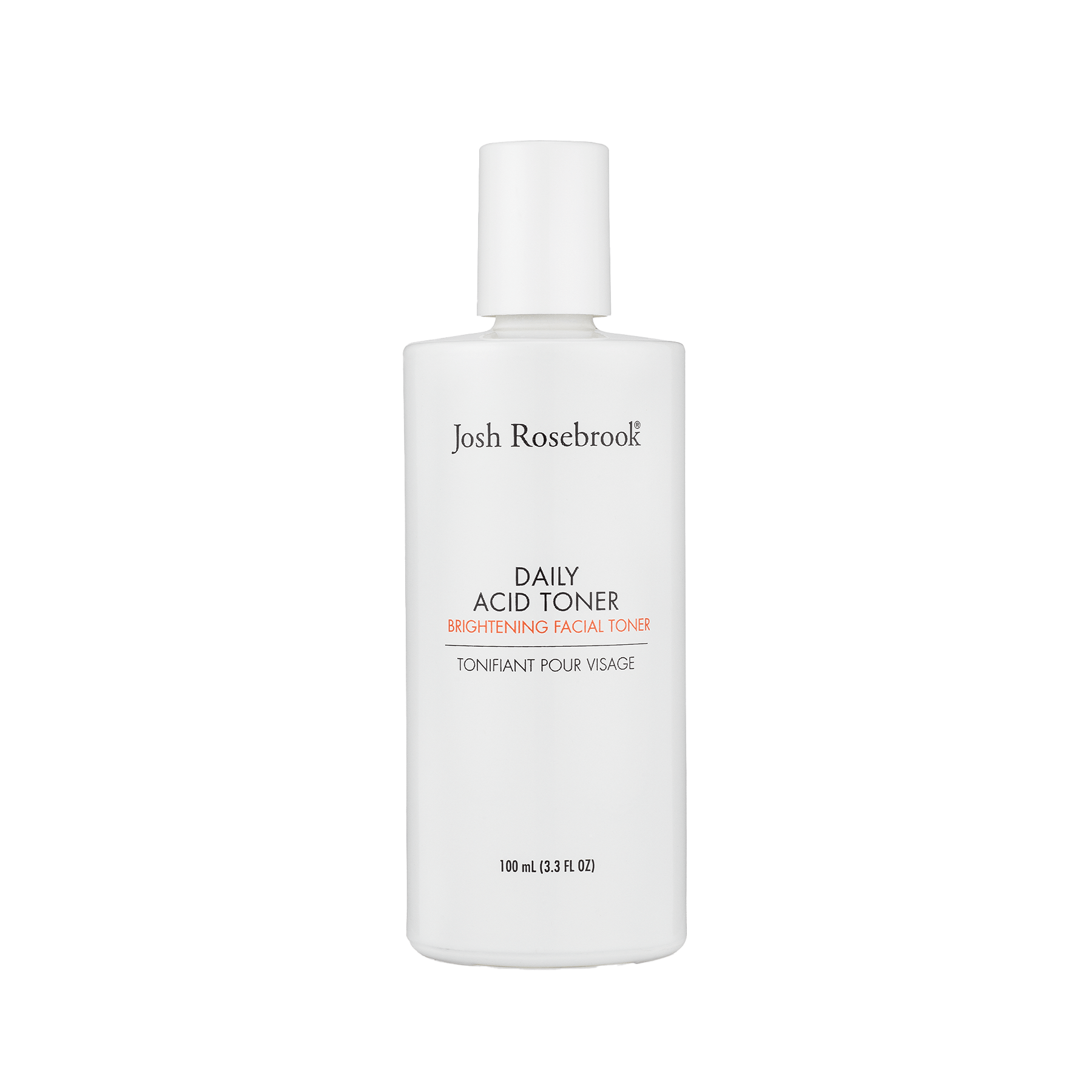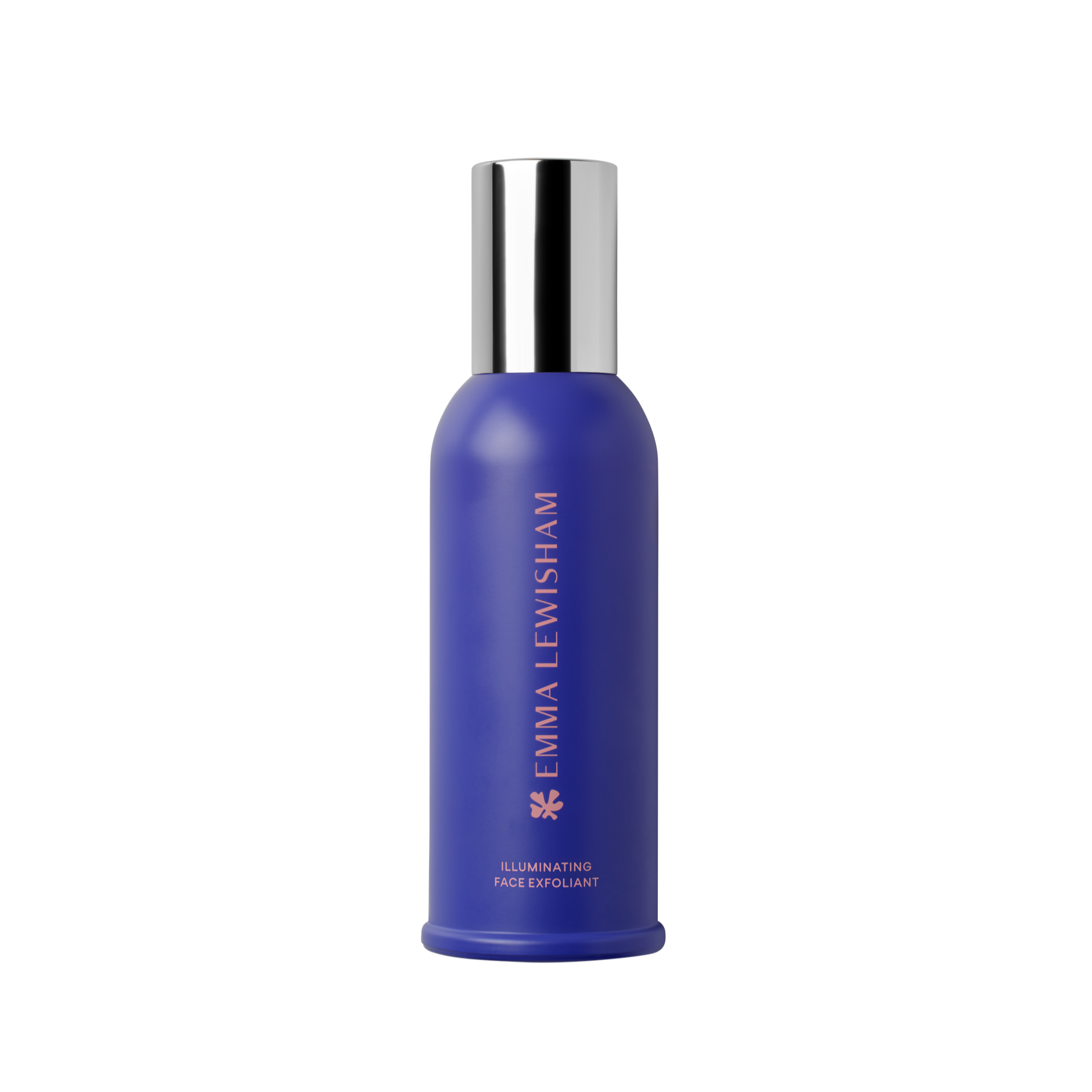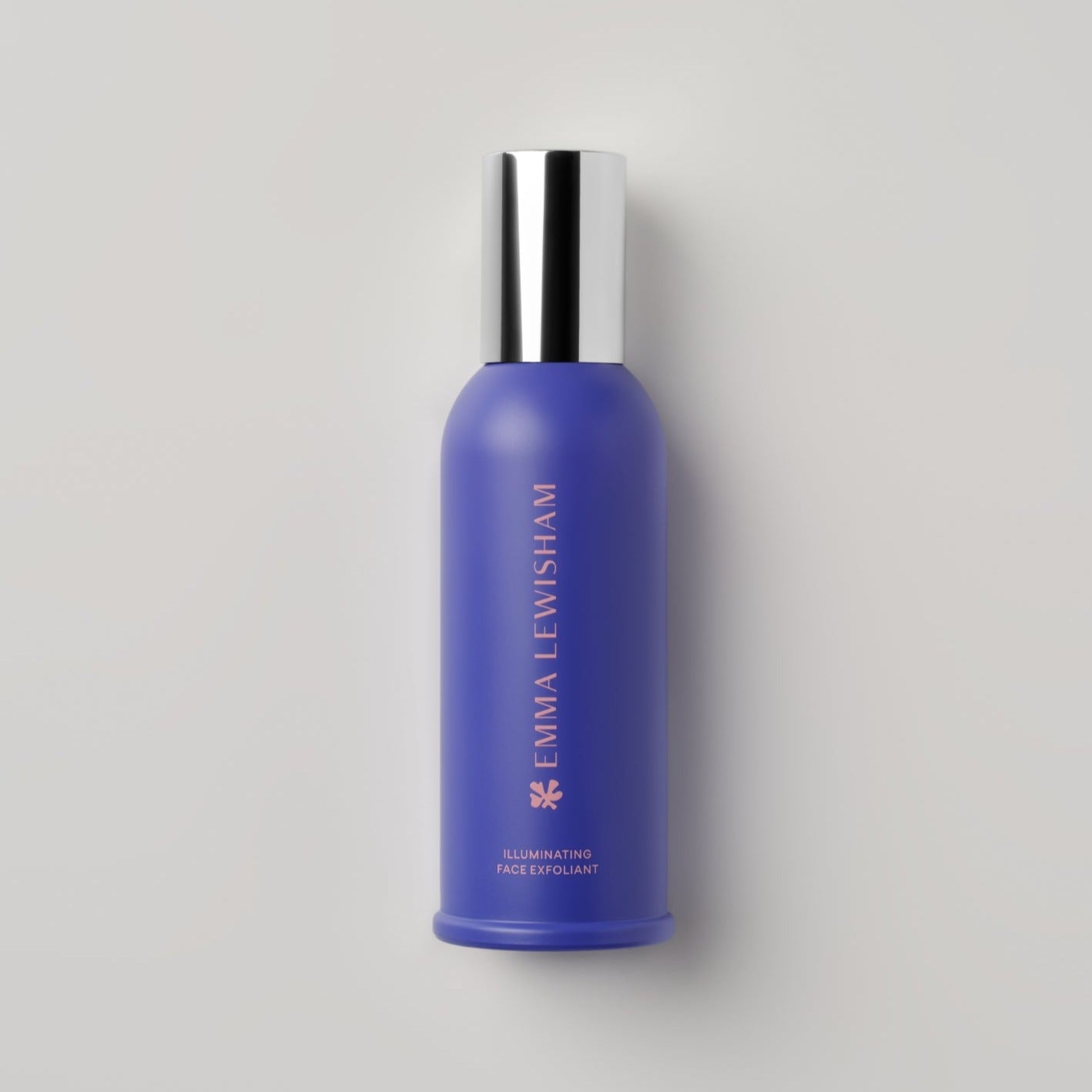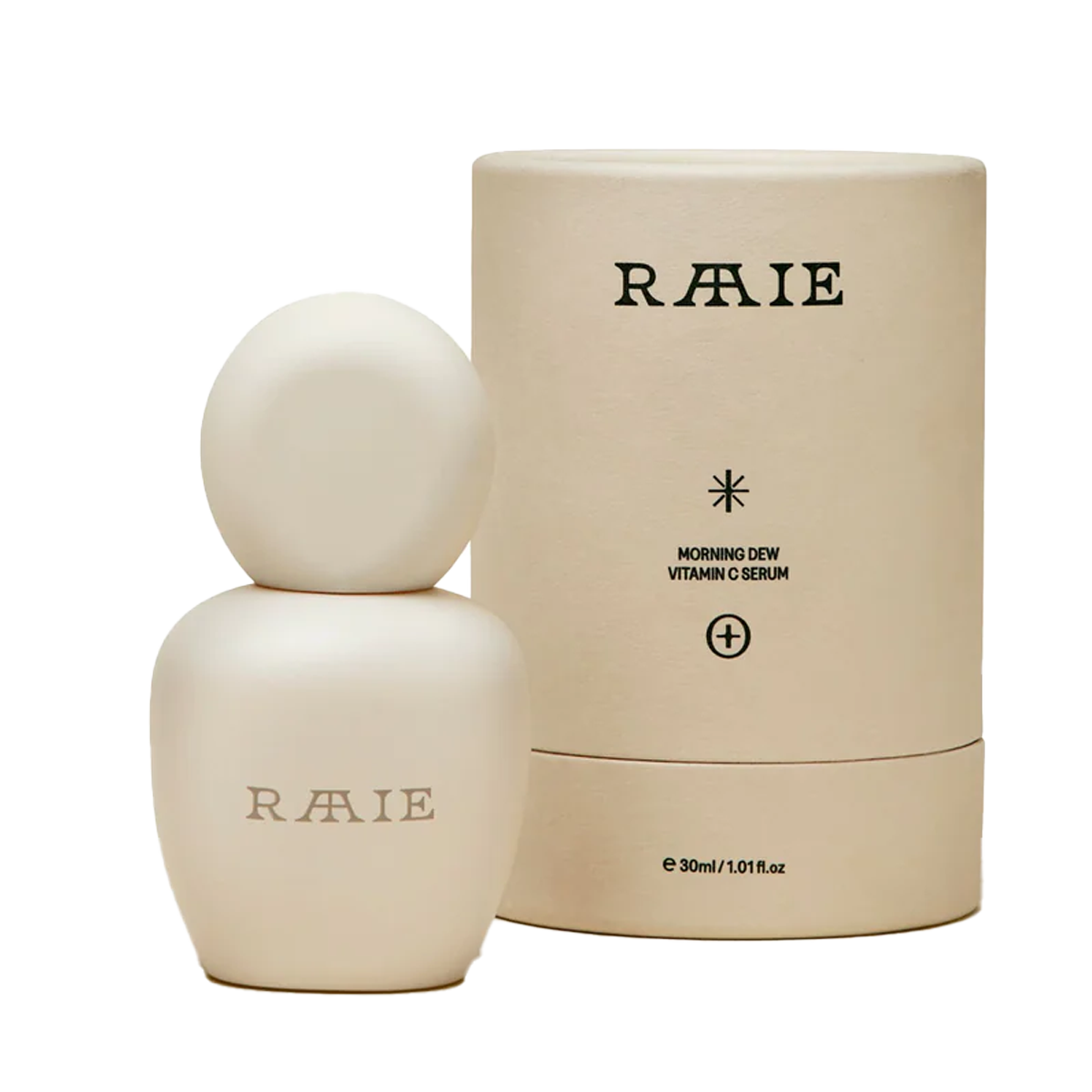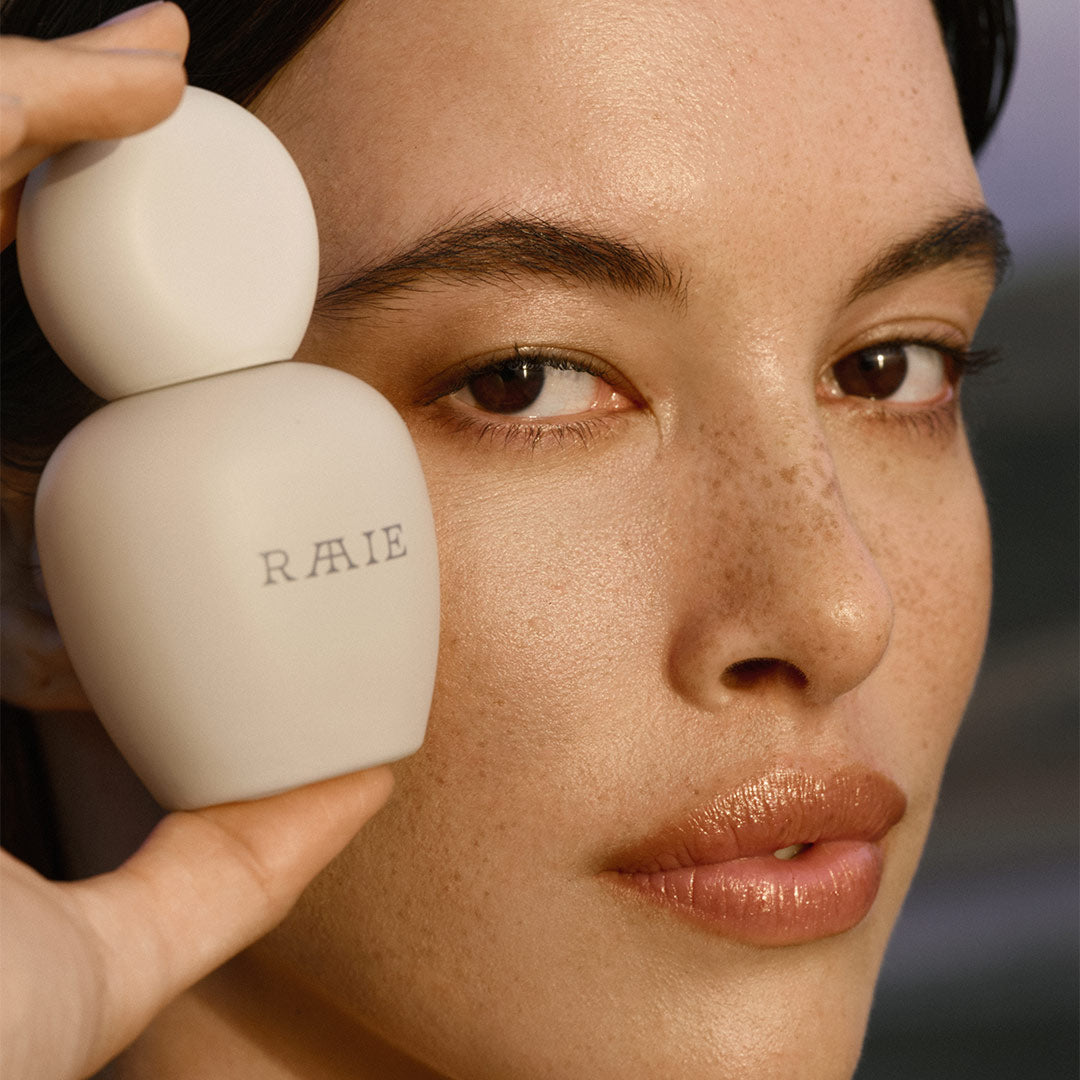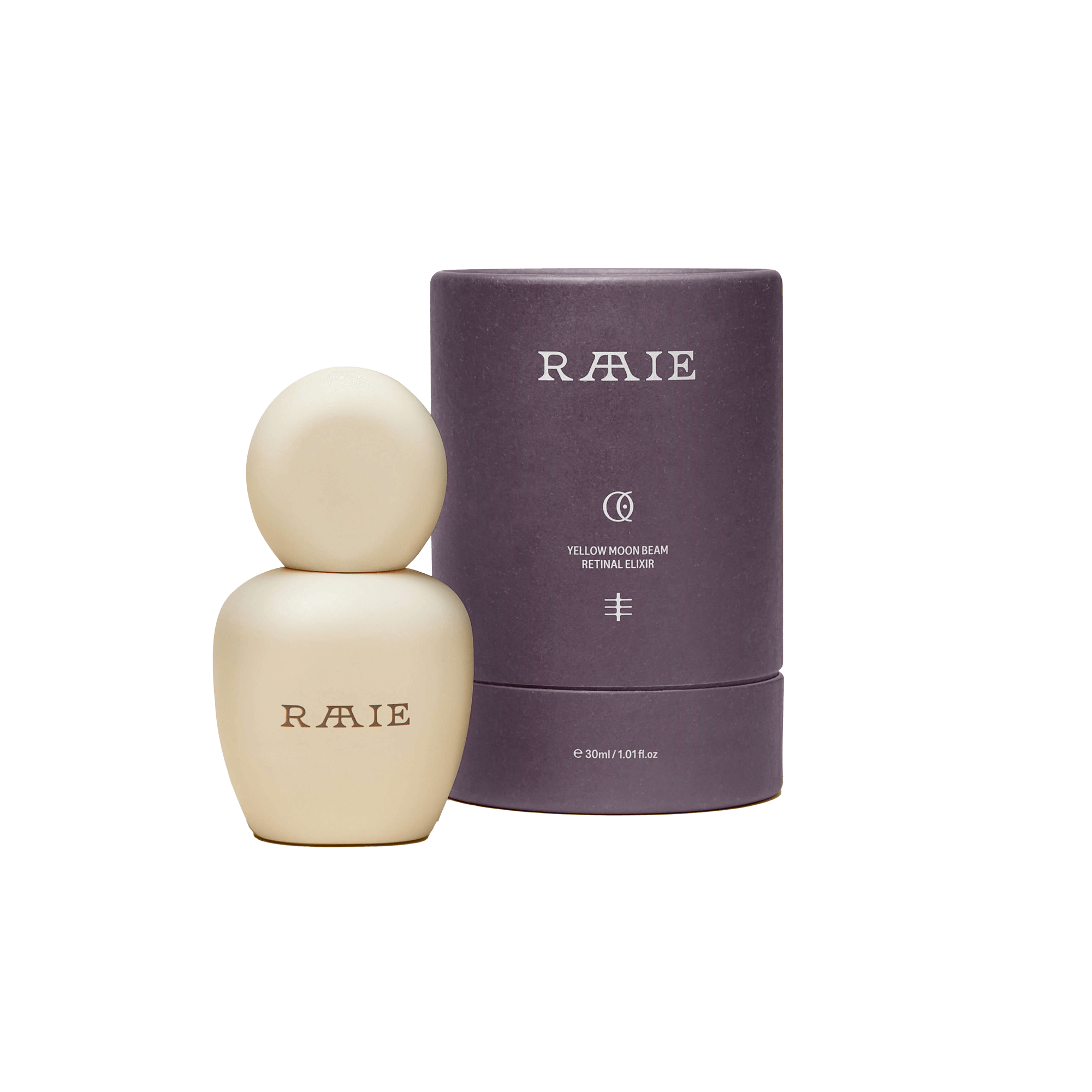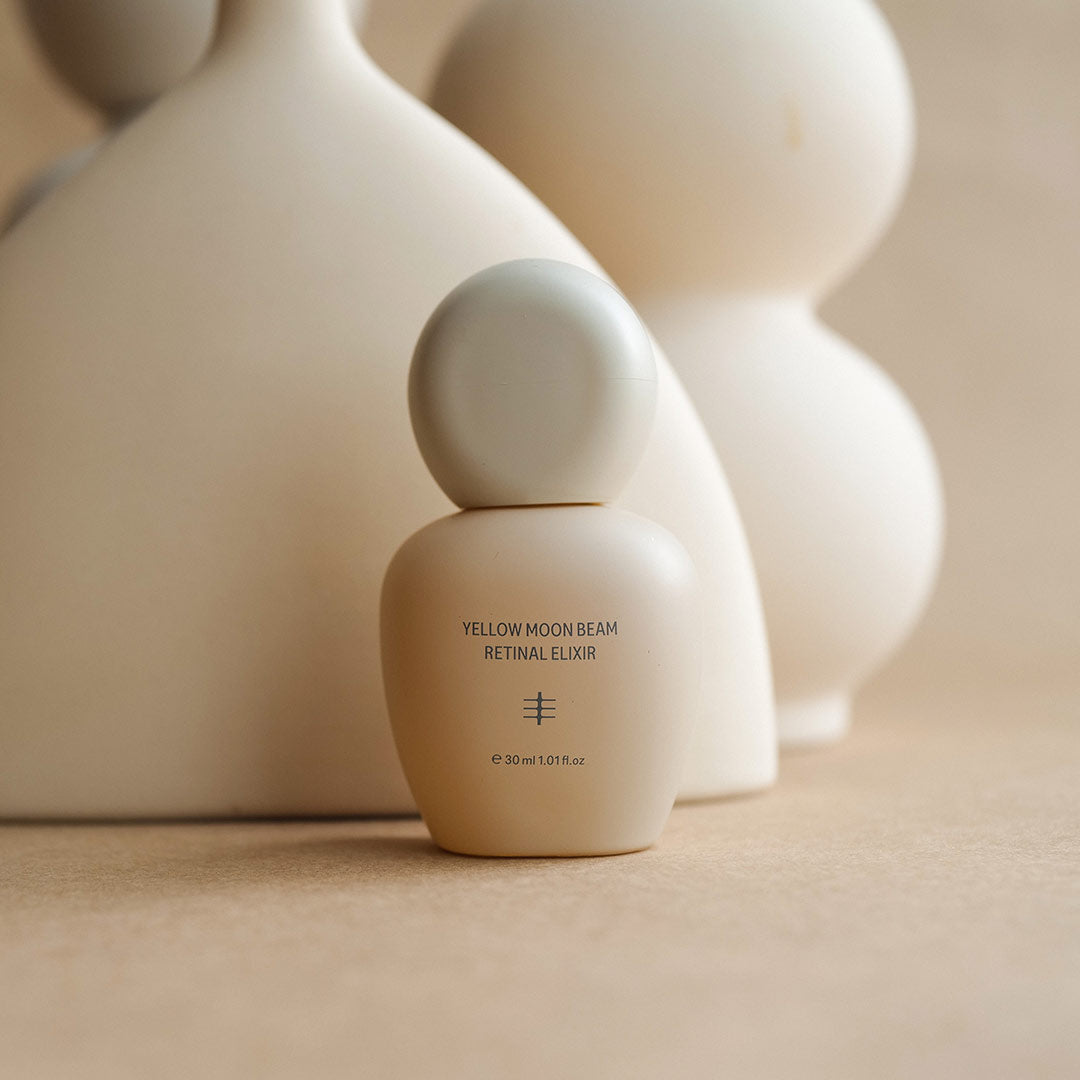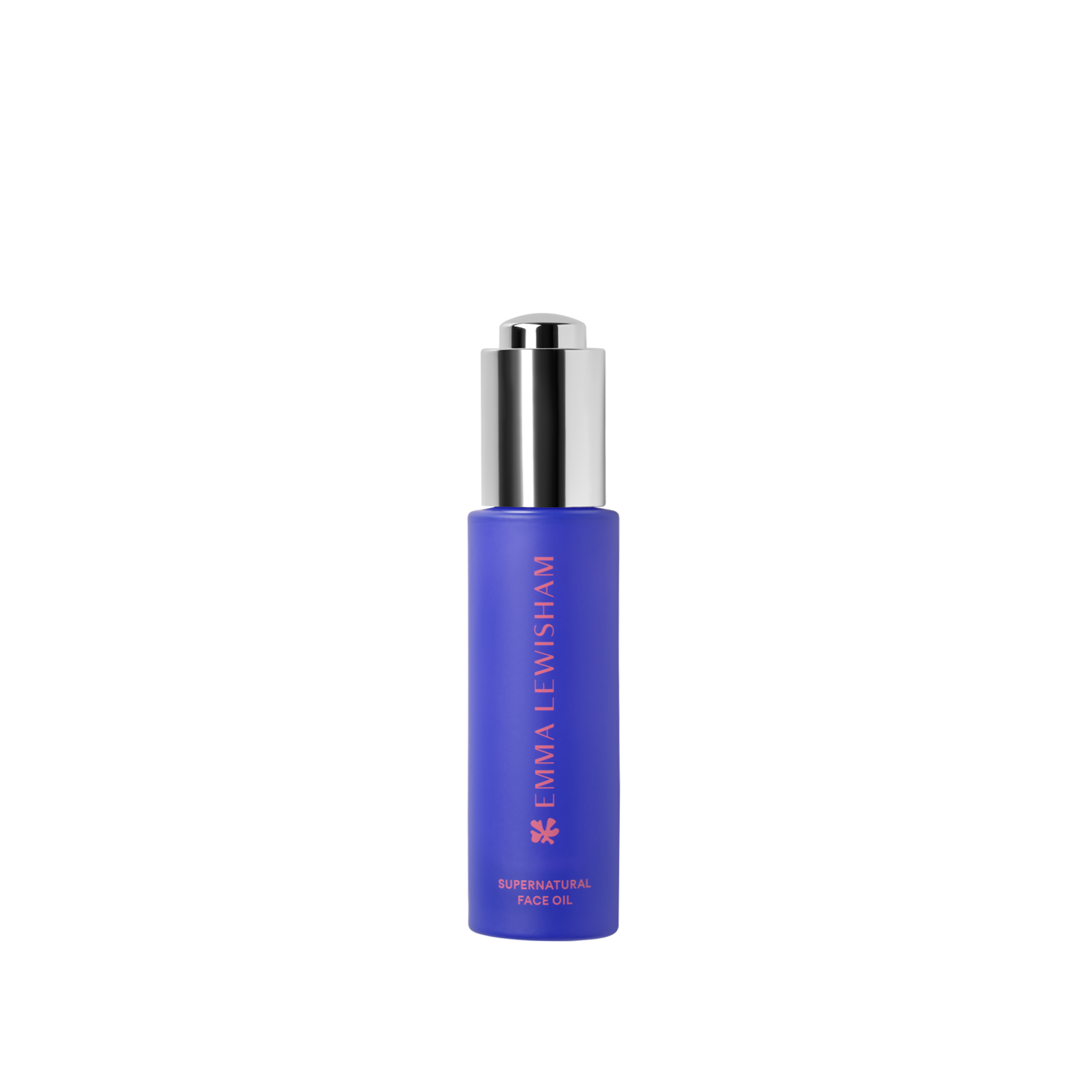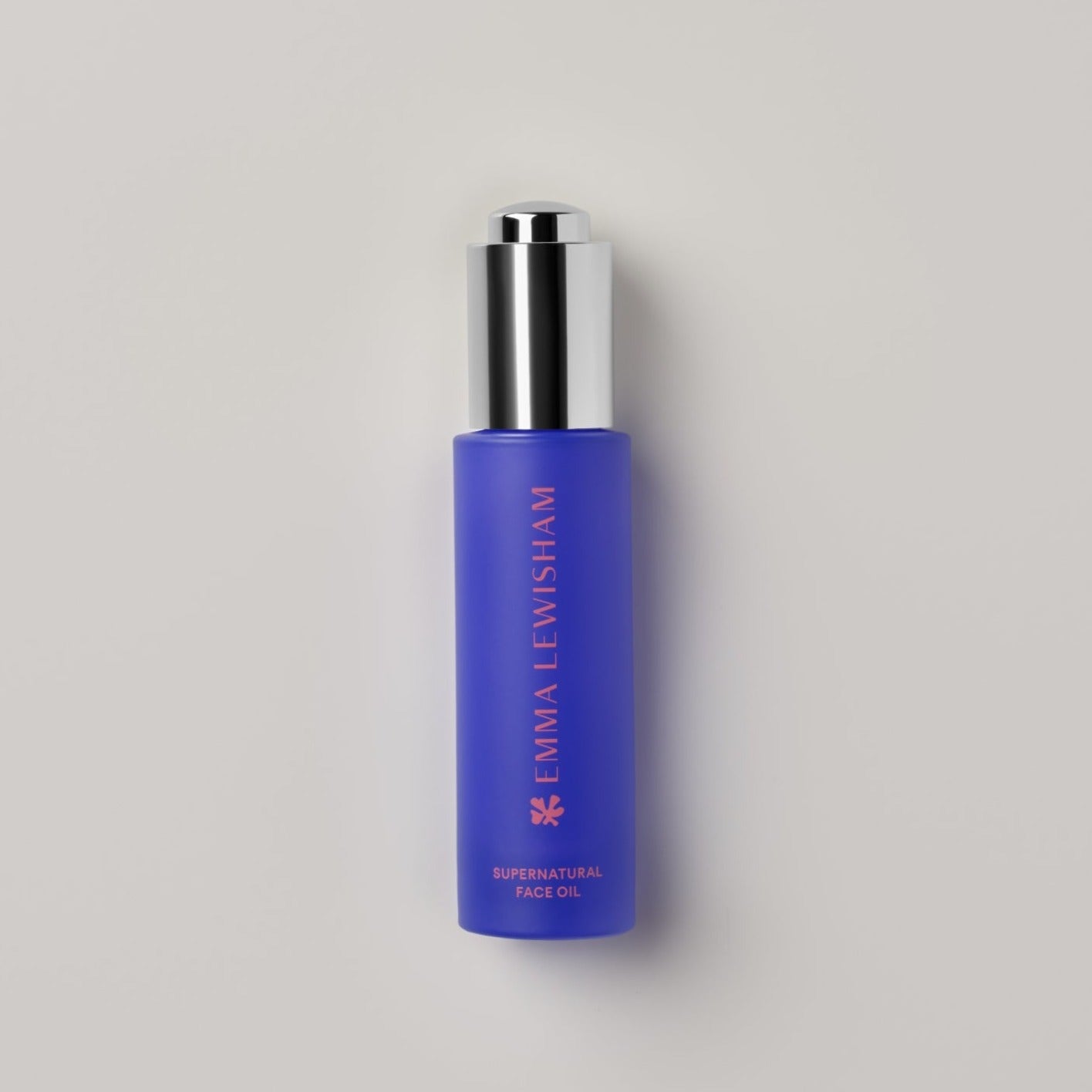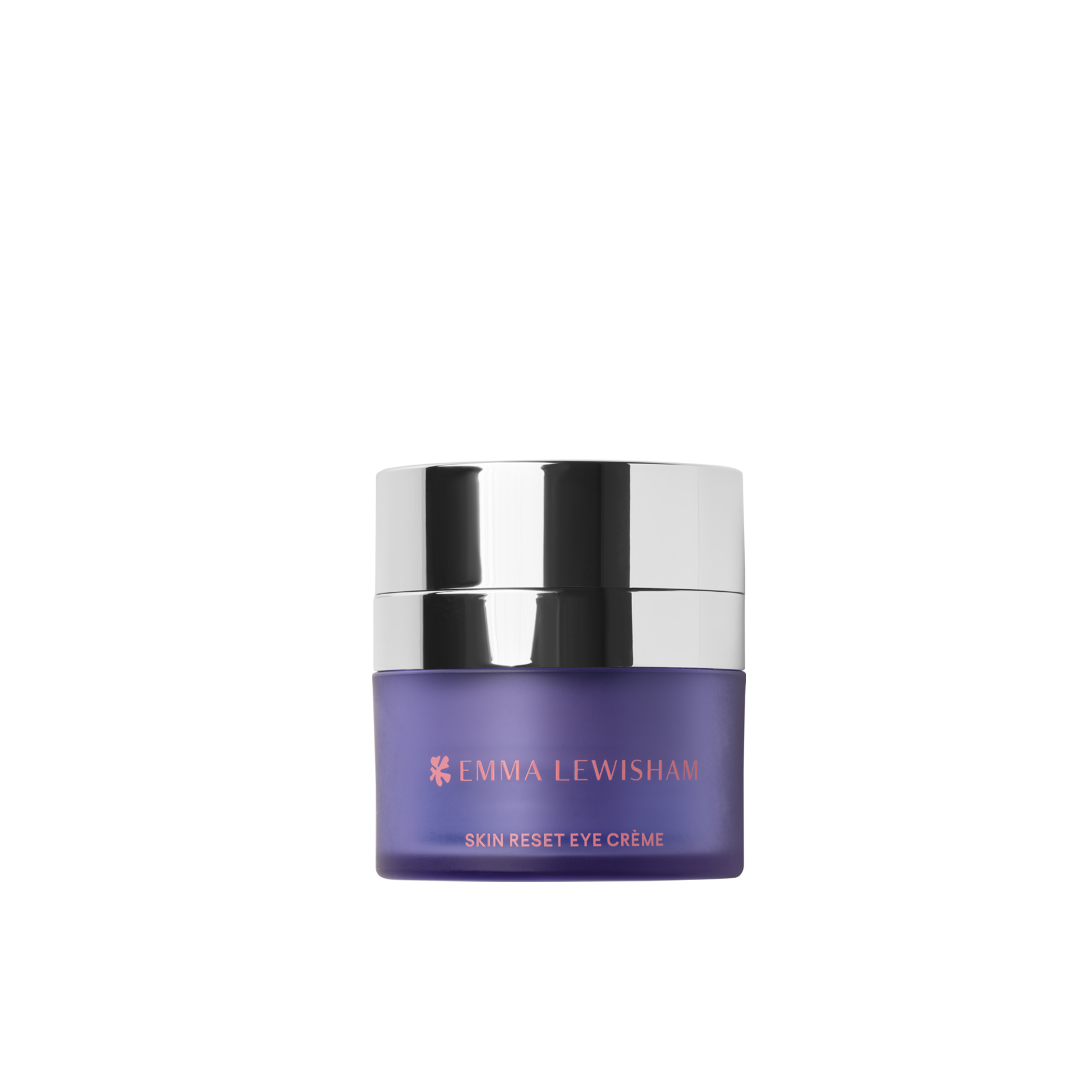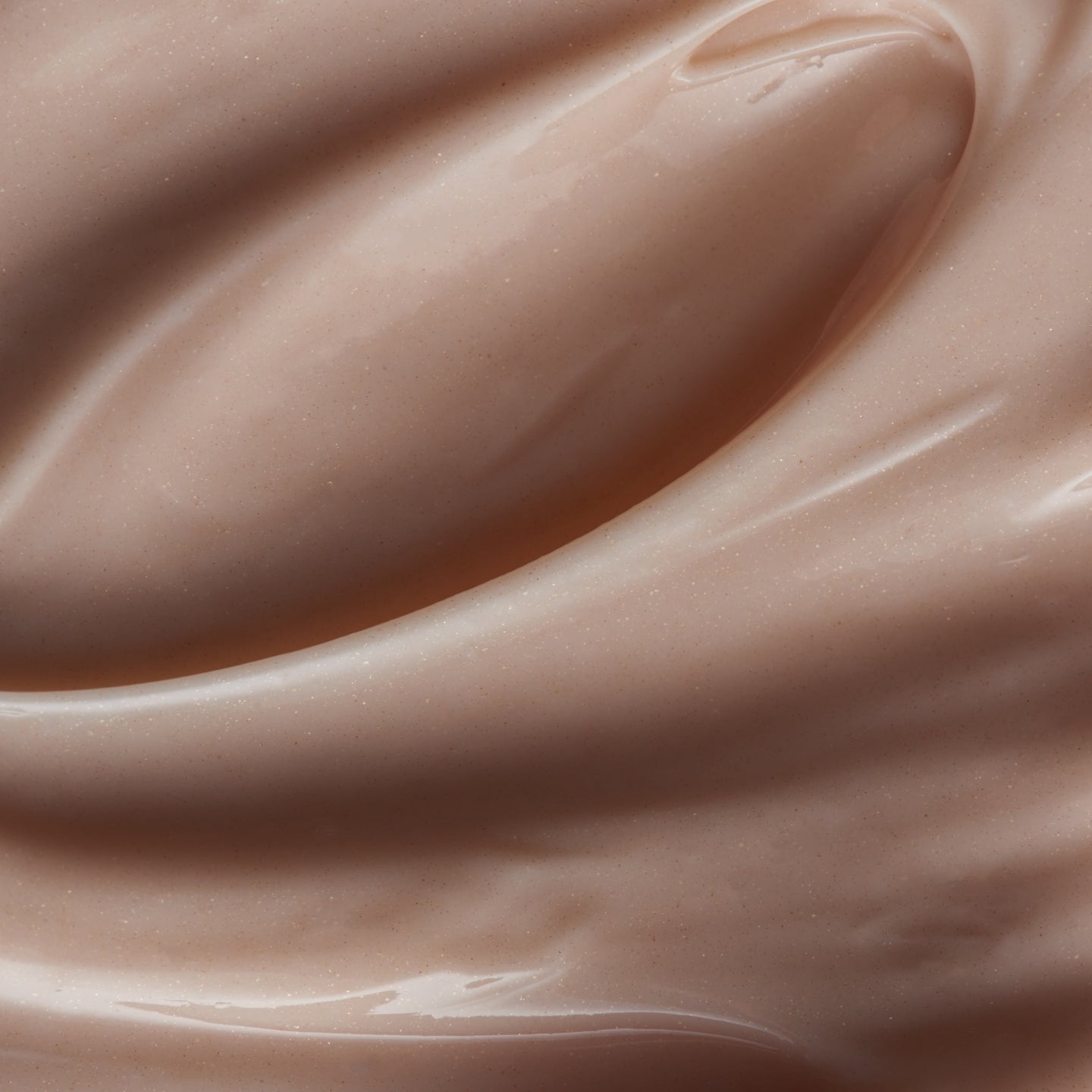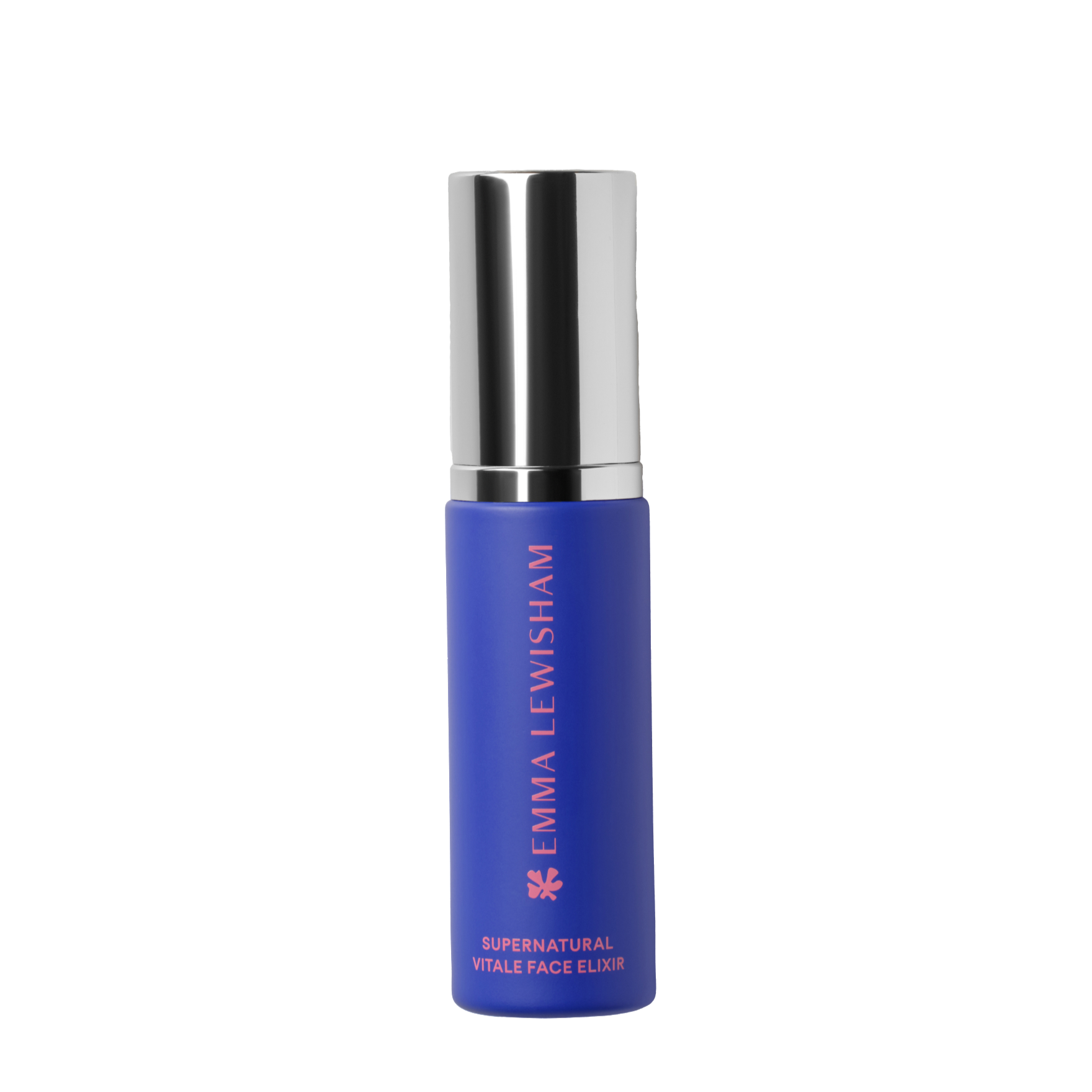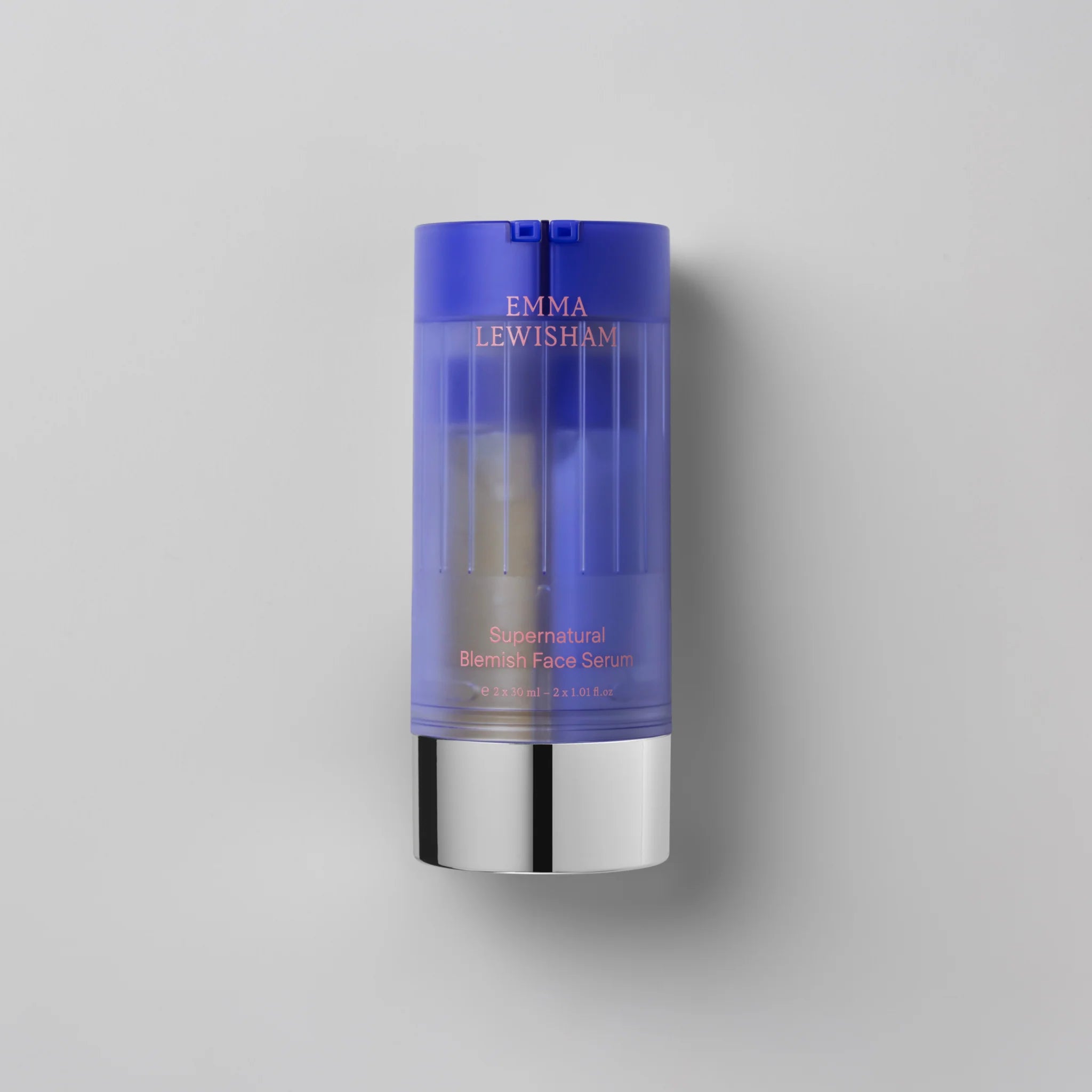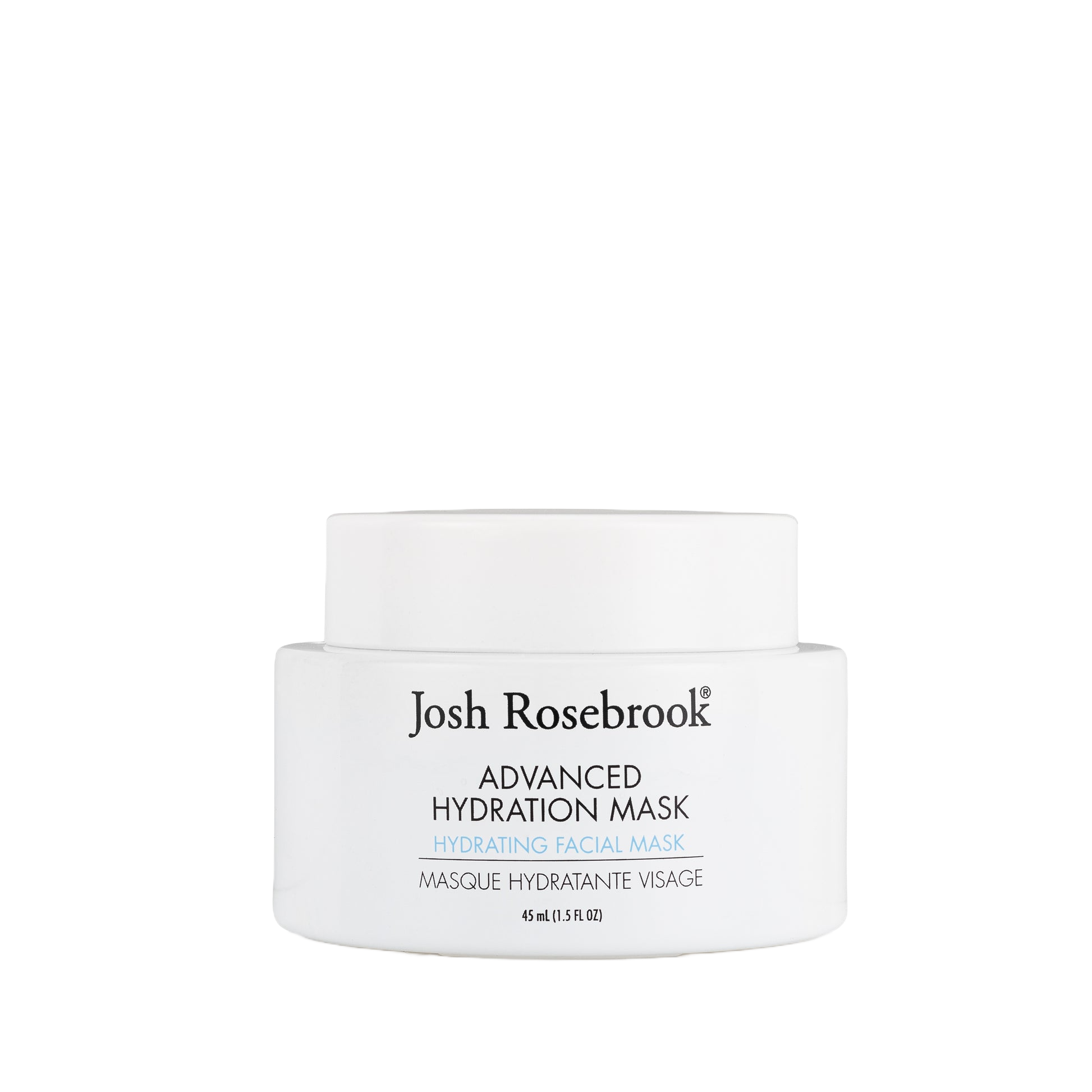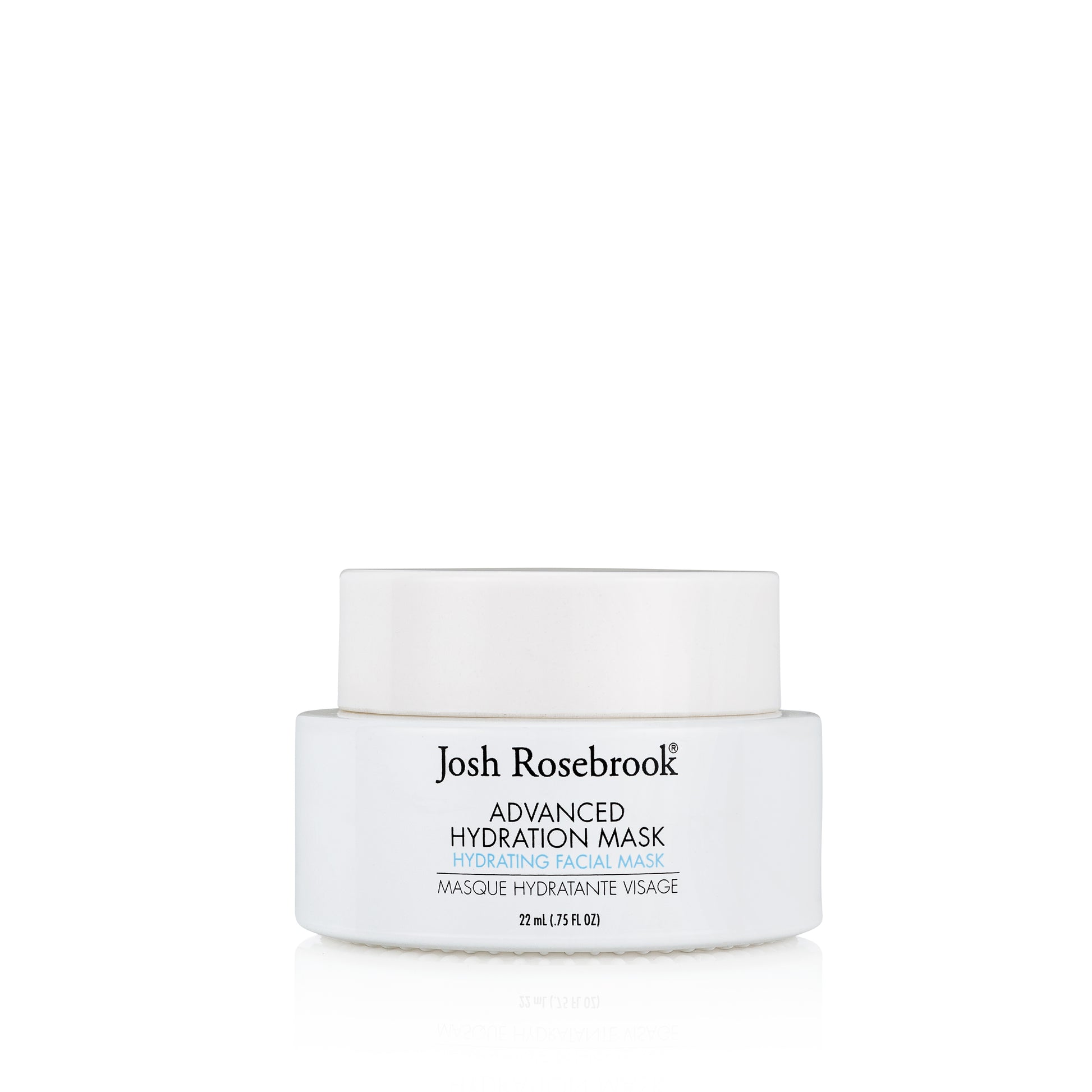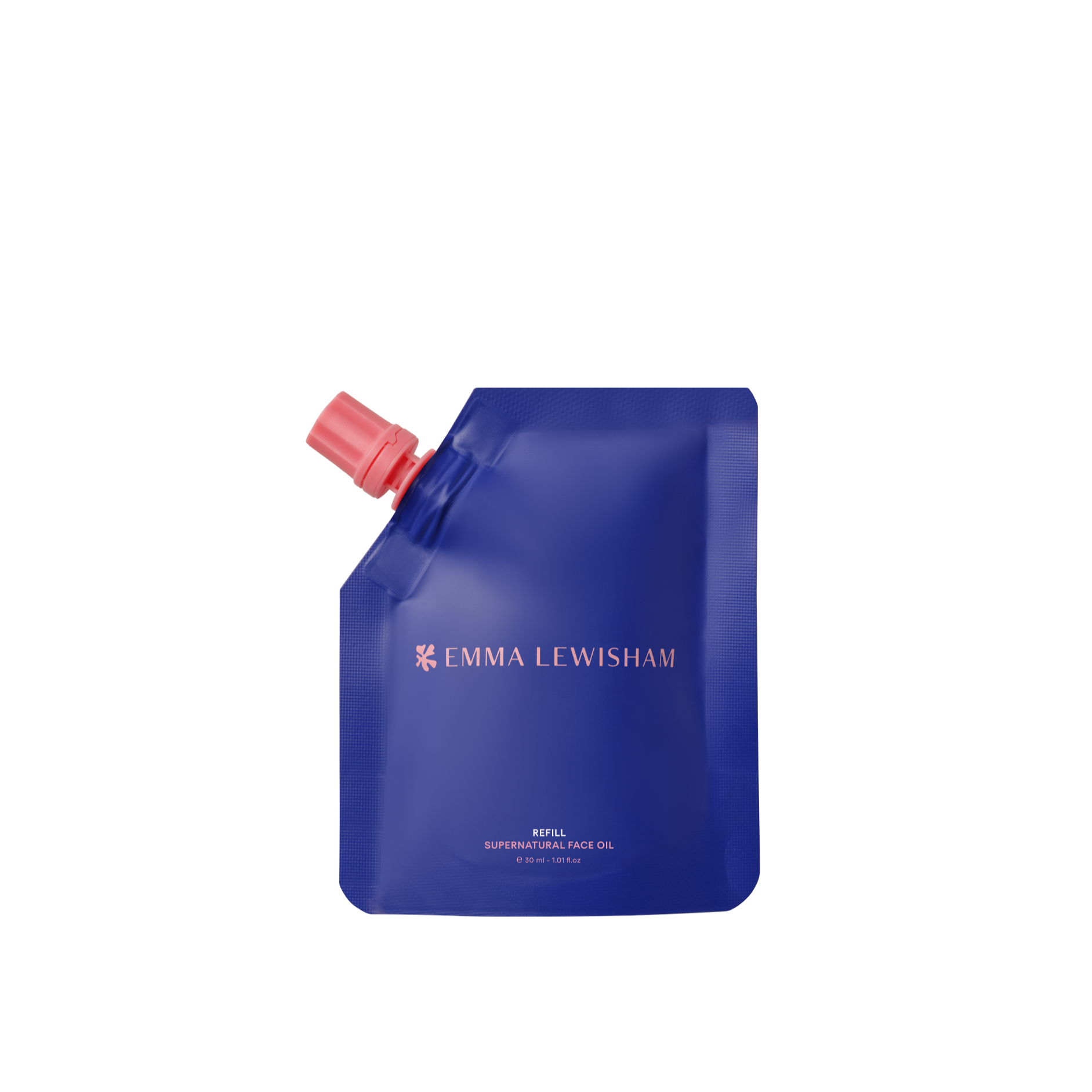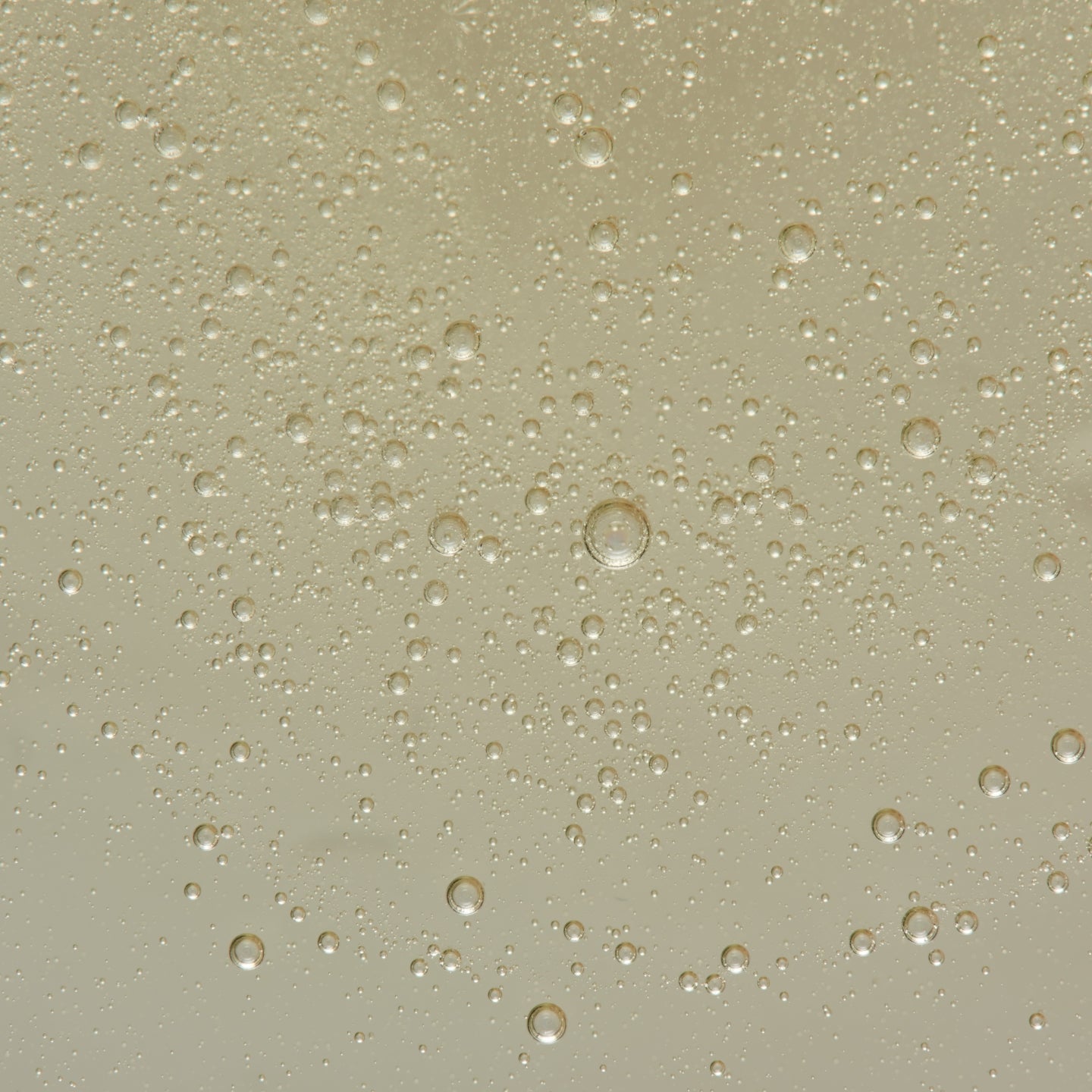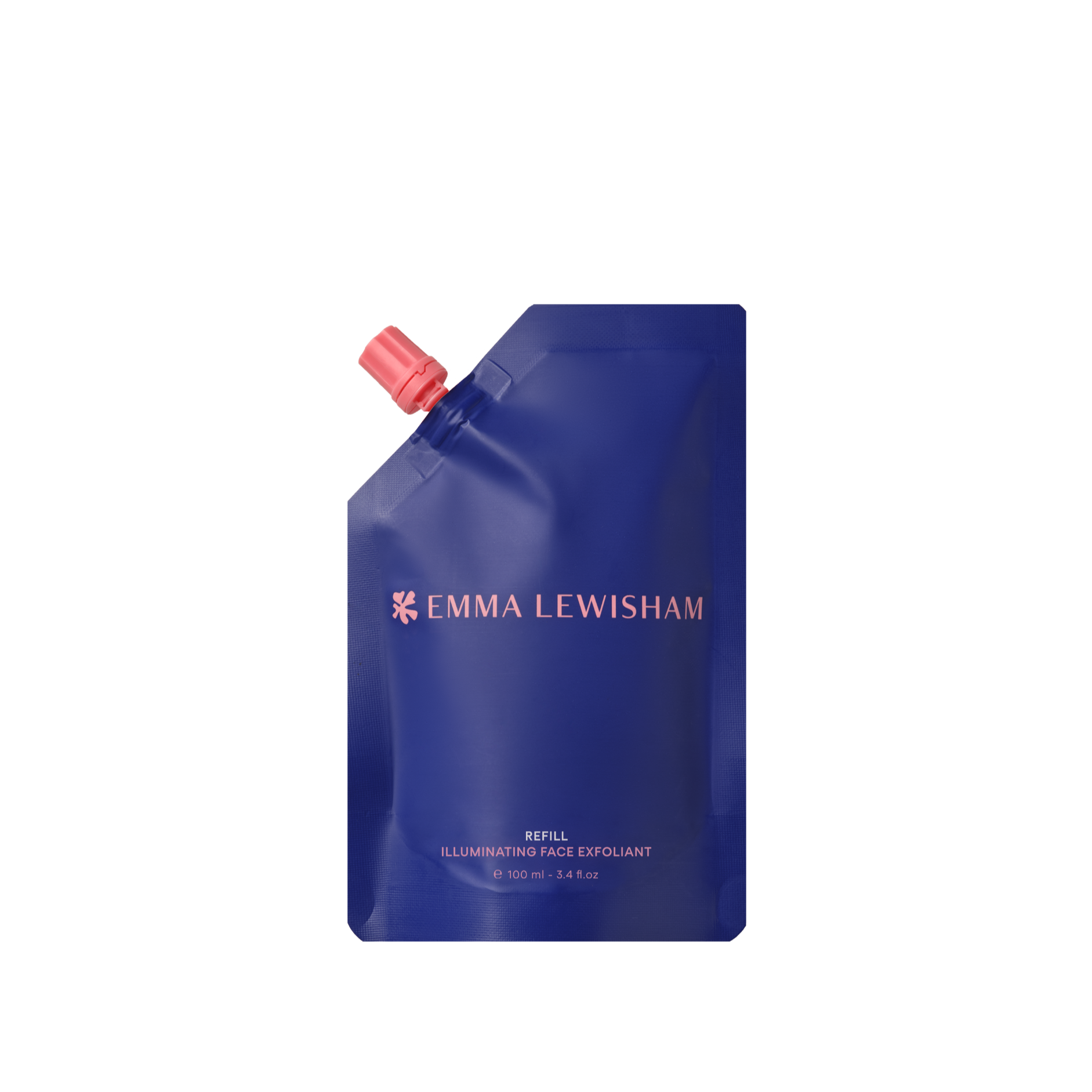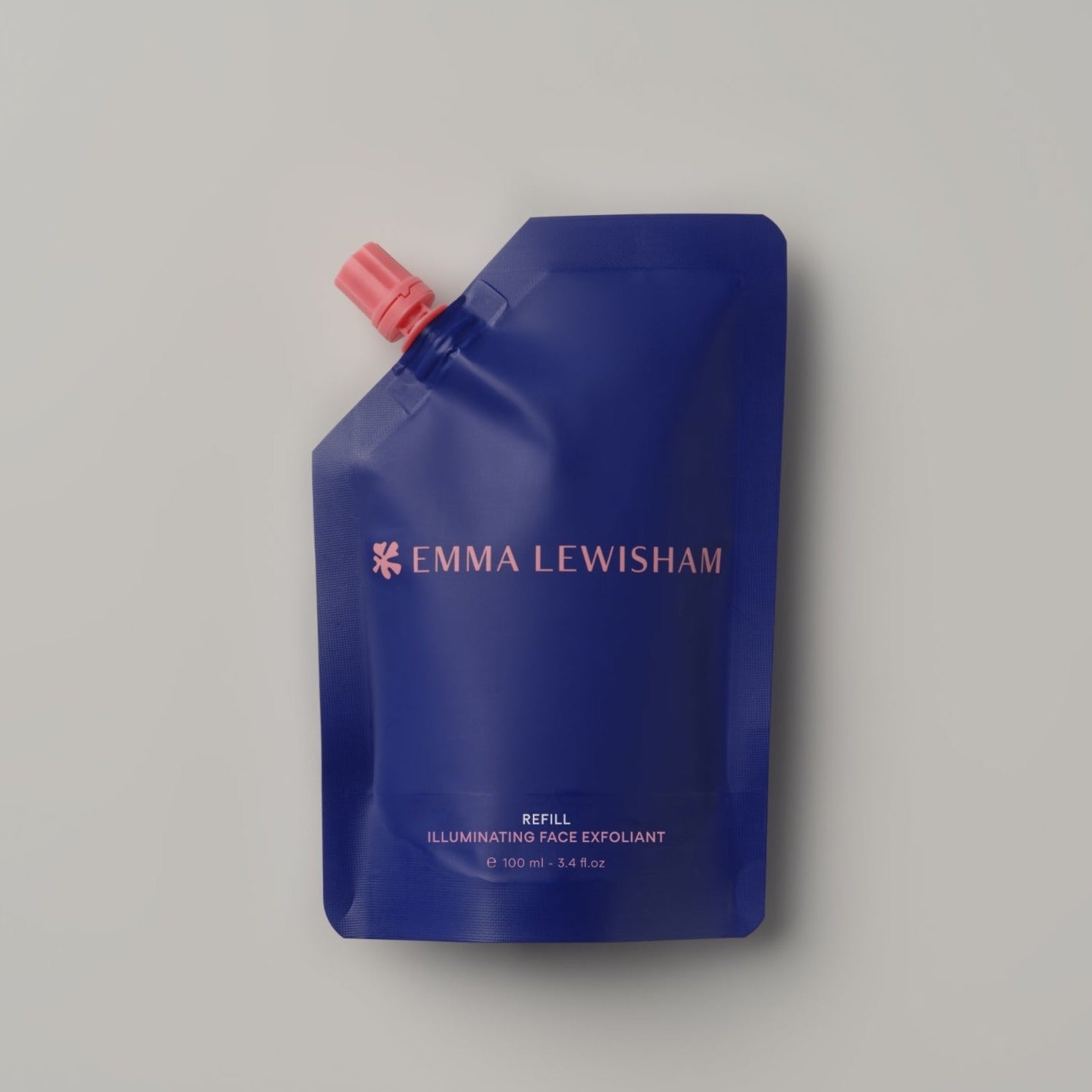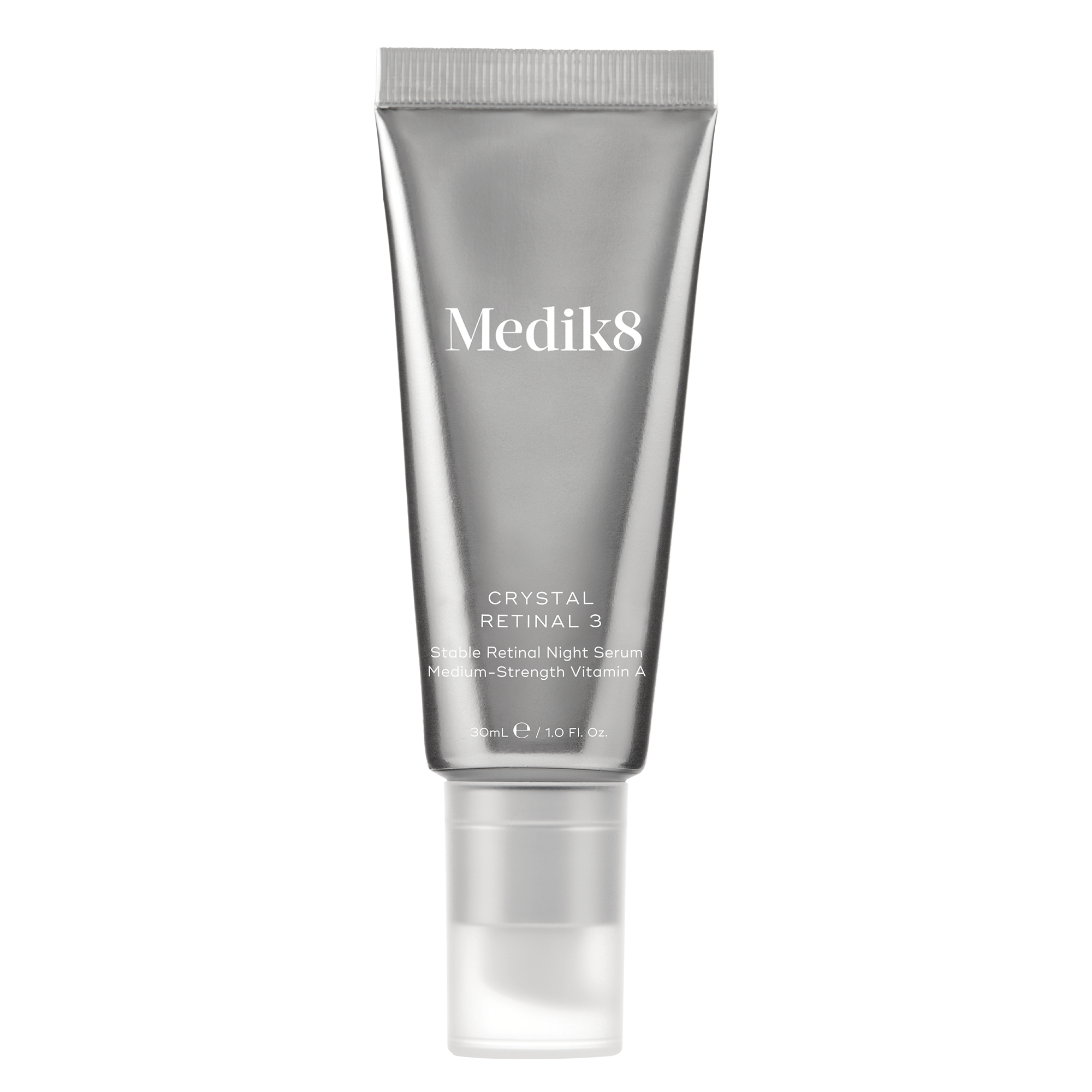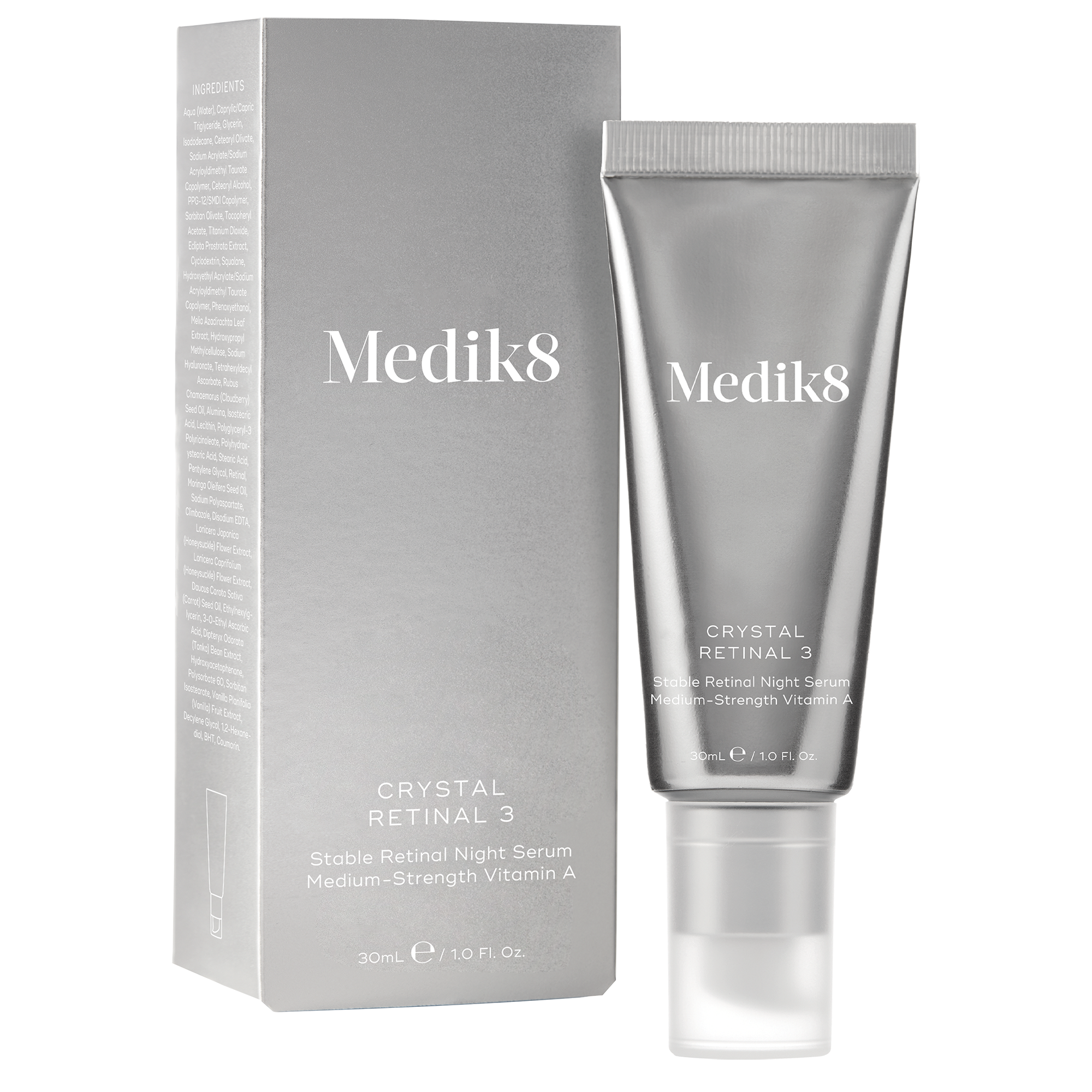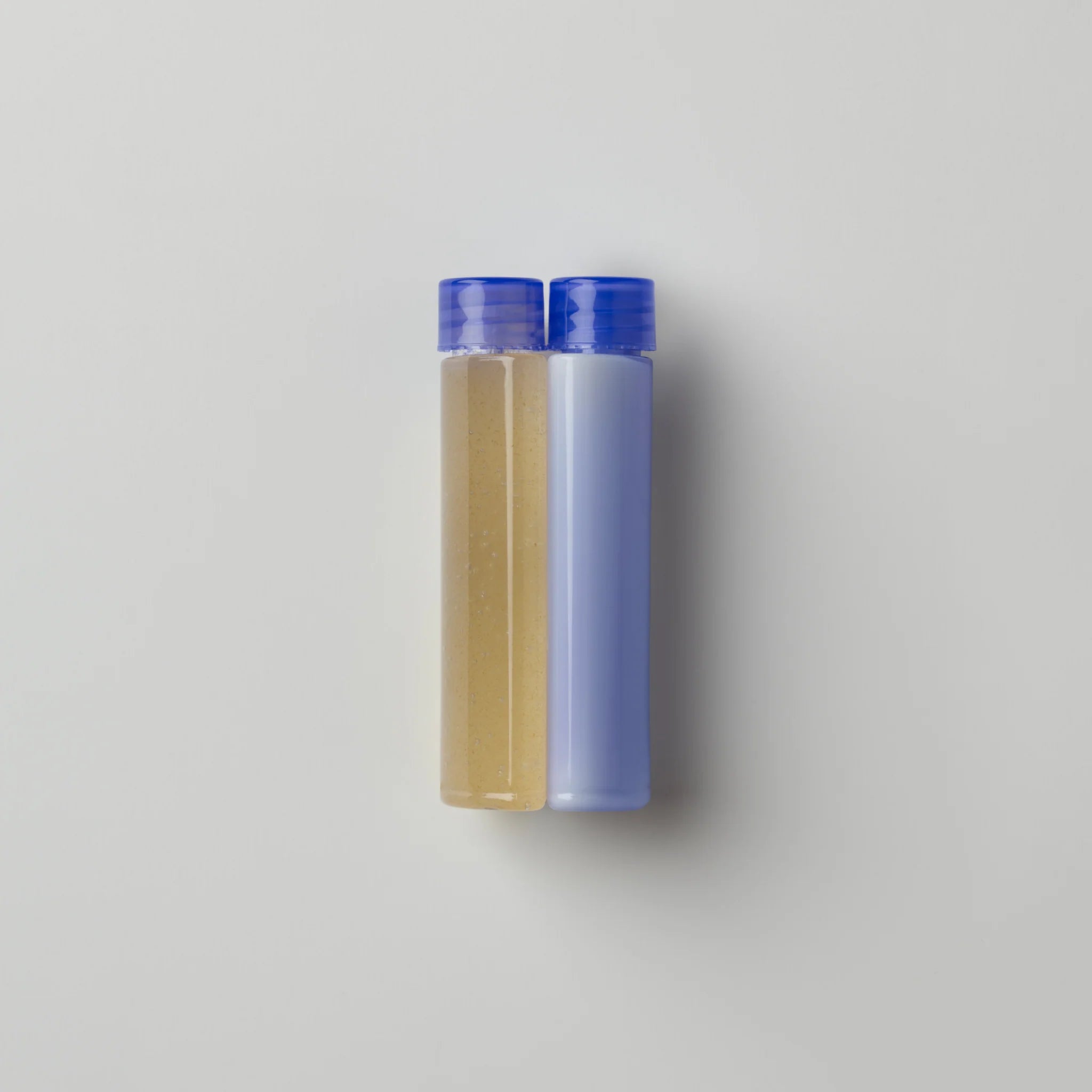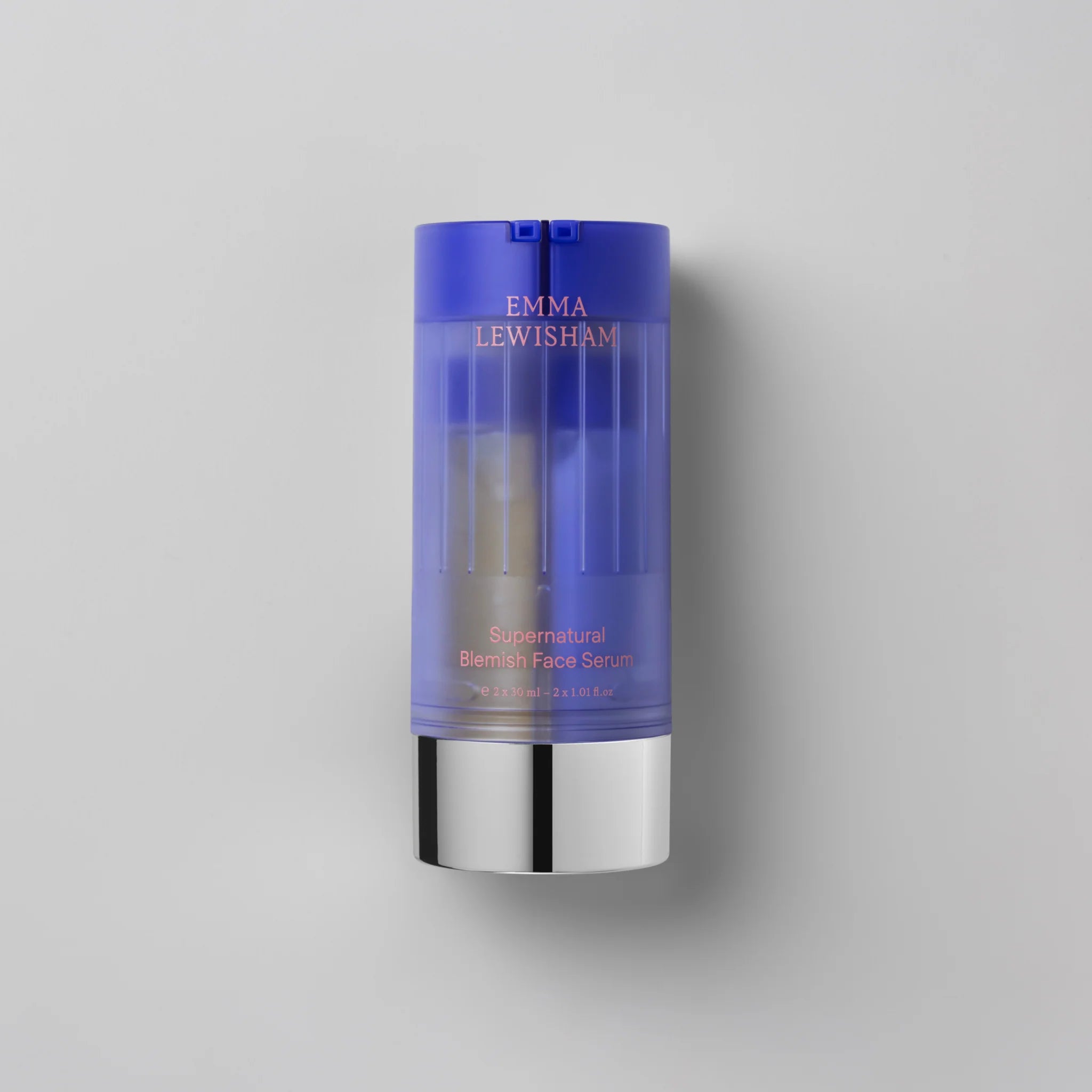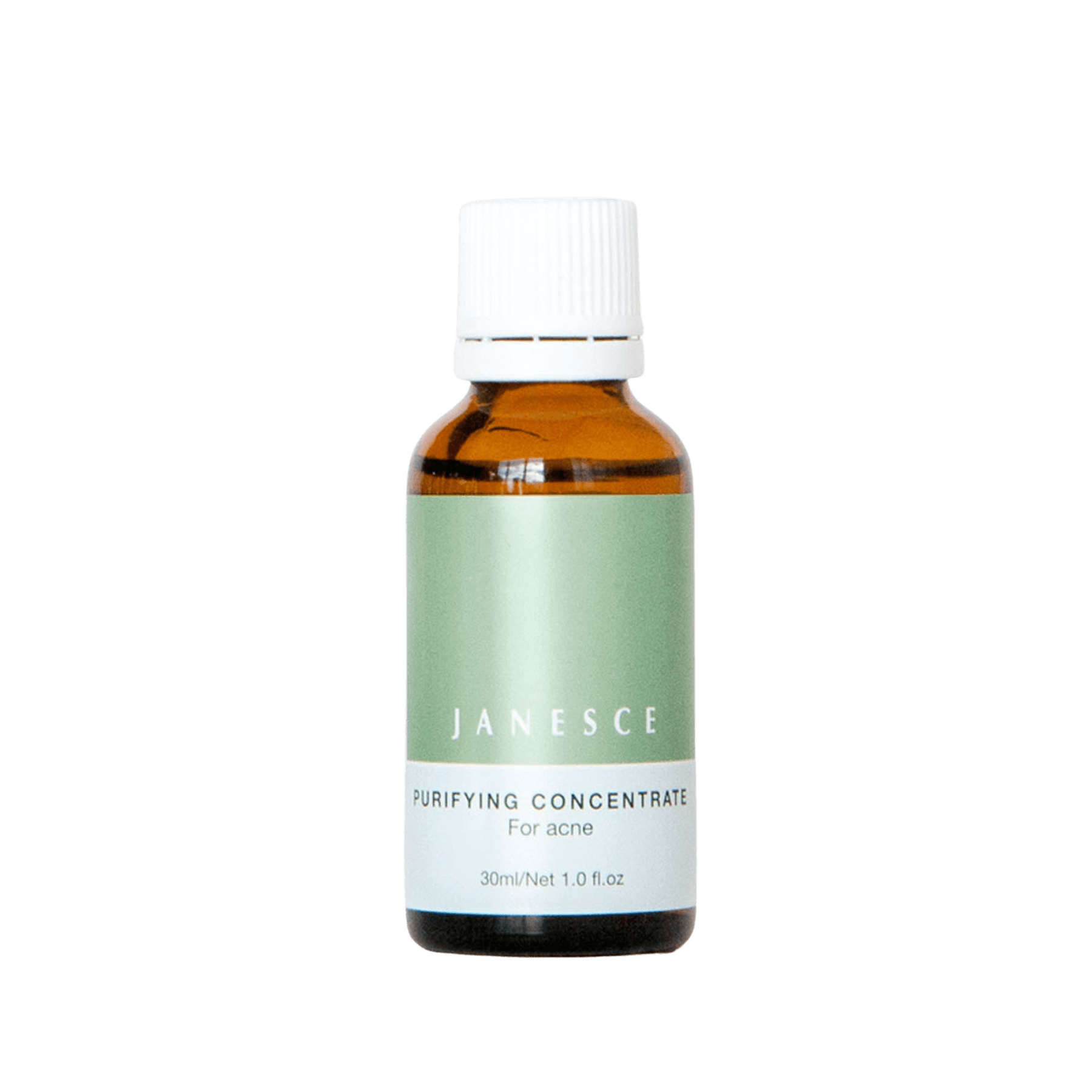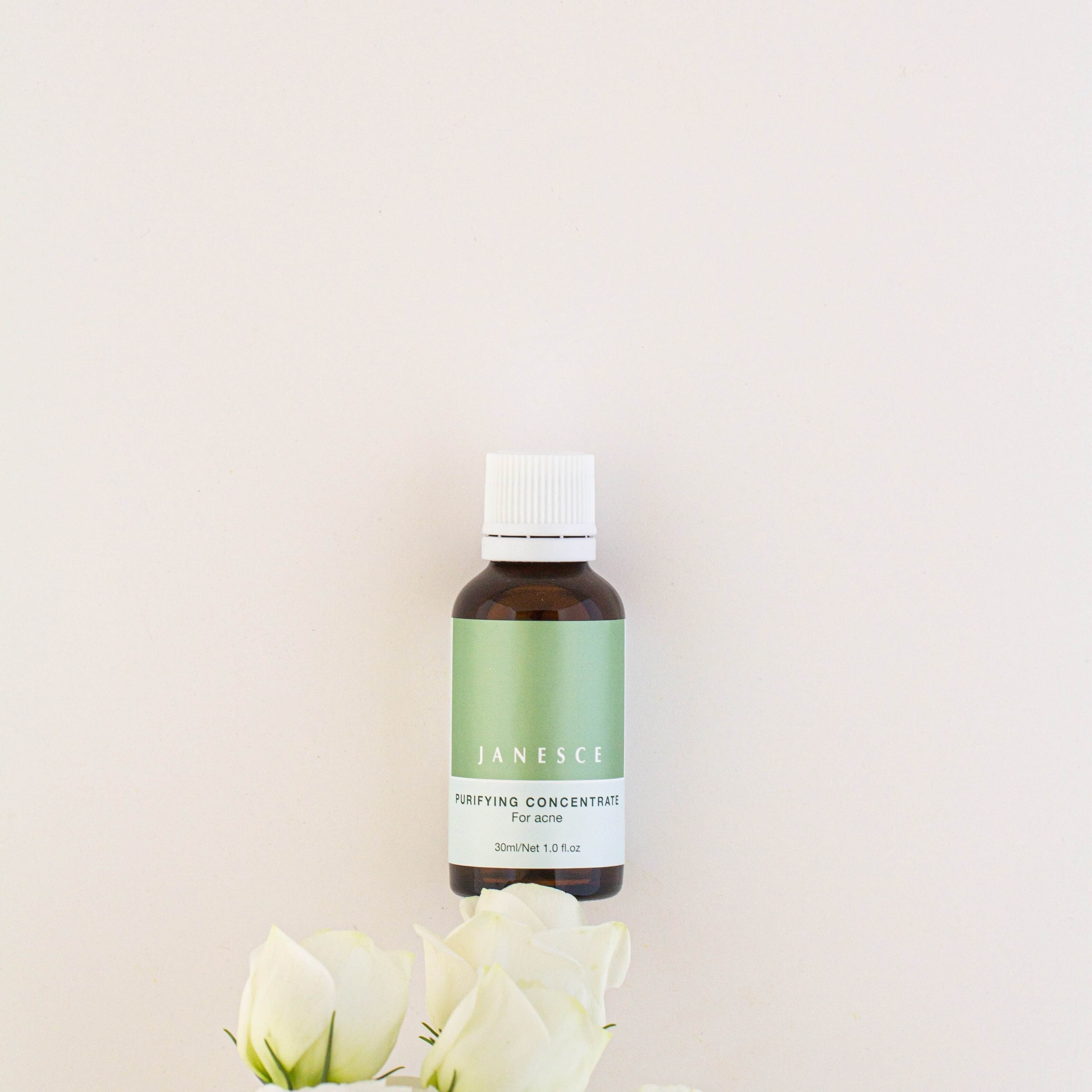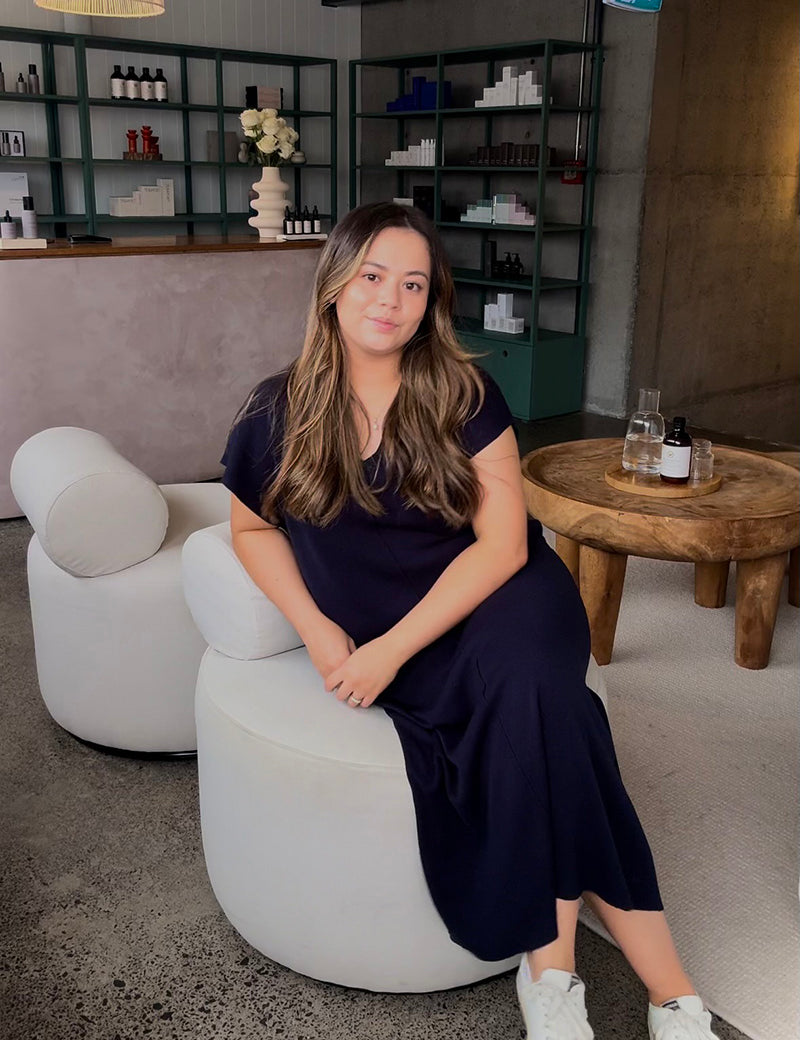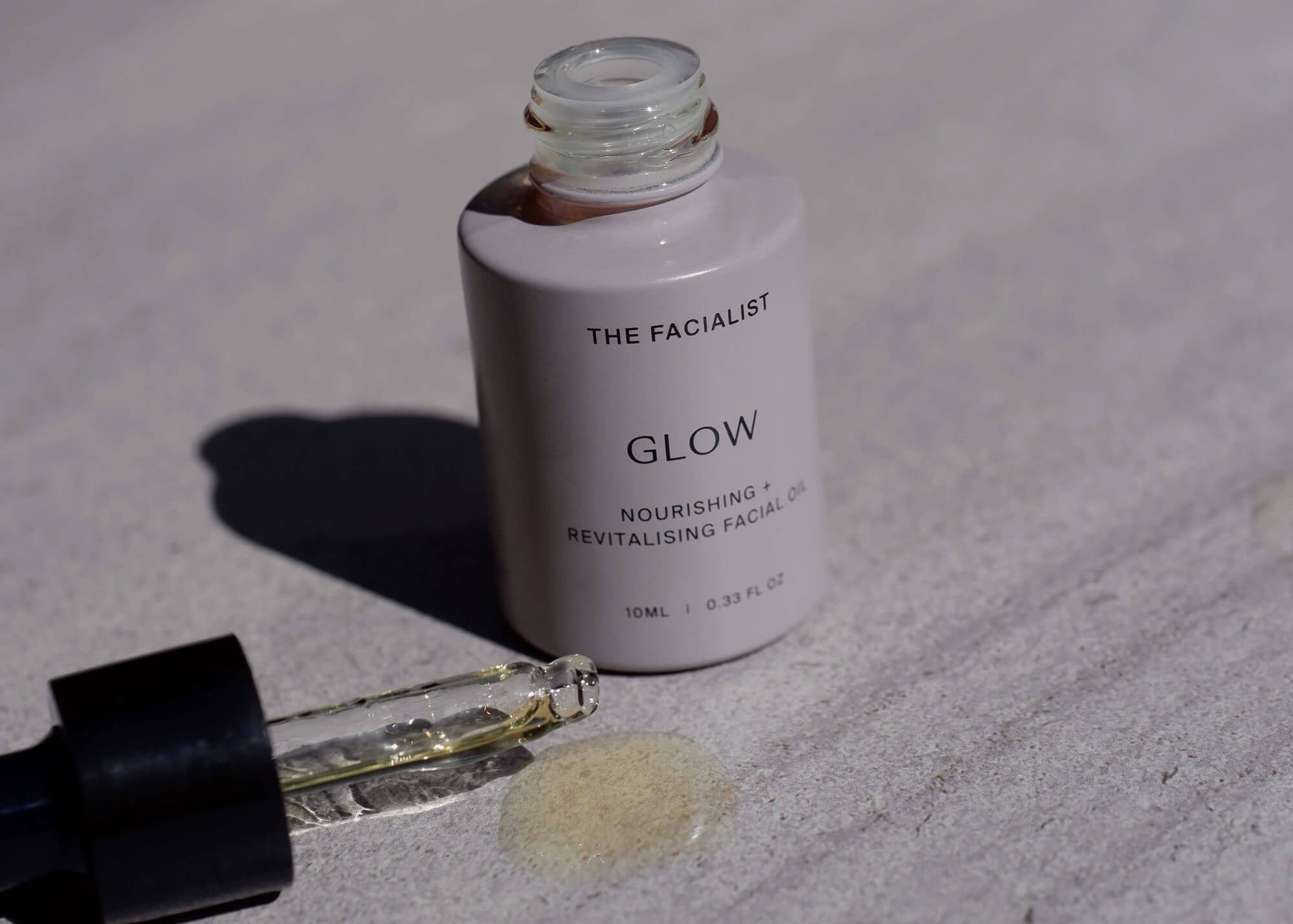How To Treat Pigmentation
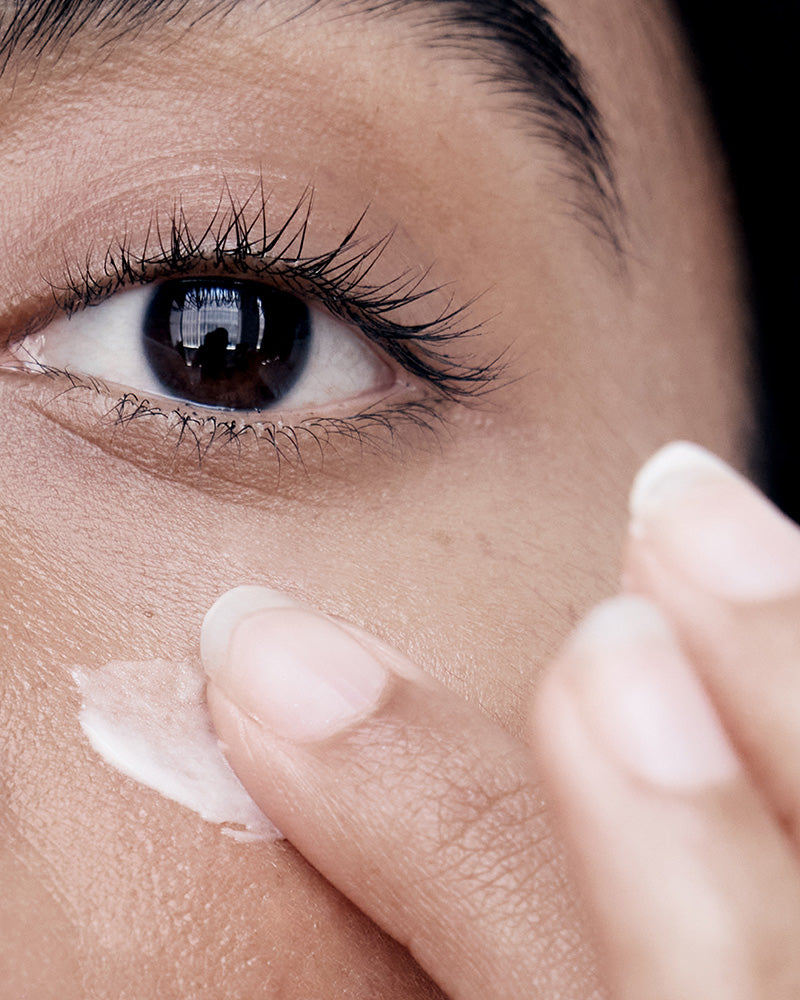
What is Pigmentation?
Pigmentation is the natural color of the skin, determined by melanin production. Melanin is a pigment responsible for skin, hair, and eye color. Uneven pigmentation, such as dark spots or hyperpigmentation, can result from various factors, including sun exposure, hormonal changes, and inflammation.
Causes of Pigmentation:
- Sun Exposure: UV rays stimulate melanin production, leading to dark spots.
- Hormonal Changes: Pregnancy, birth control, or hormonal fluctuations can contribute.
- Inflammation: Post-inflammatory hyperpigmentation may occur after acne, wounds, or irritation.
Treating your Pigmentation:
Pigmentation is, hands down that trickiest skin condition to treat. I am very confident in treating any and all skin conditions but (I know you will be disappointed to hear) this one I cannot guarantee a result with.
UVA (the damaging rays that cause sun damage and ageing) can penetrate through clouds, glass and even light clothing. So the importance of wearing a broad spectrum SPF daily is a necessity. Even on a cloudy, overcast day these UVA rays are still present and are the biggest cause for premature photo-ageing. Often wearing your sun protections is still not enough, you need to cover yourself with a hat, sunglasses and clothing. And where possible avoid being in direct sunlight for long periods of time.
The other type of pigmentation is Melasma, often caused by hormonal imbalances, either through pregnancy, contraceptive pill or other hormonal conditions and is very tricky to treat.
There are many treatments out there that claim to get rid of pigmentation. Lasers and chemical peels are most commonly used. These may have an immediate effect of lightening the pigmentation, but what they are actually doing is eroding the stratum corneum (the superficial layer of skin), which in turn reduces the skins ability to protect itself from UV. Meaning that as soon as your skin is in contact with UV rays that pigmentation will come back. This temporary fading can cause long-term damage. Not to mention the inflammatory effect it has on the skin, can be incredibly ageing in itself. It can be a pricy and uncomfortable exercise without the desired results.
A gentle yet consistent approach:
Here is my recommended routine, with a key focus on the serum, this is your power step. Where the active ingredients do the work, I have included Cleansing and Exfolianting steps, becase if your skin is best prepped, then the serum will better absorb and give you better results.
- Step 1: Gentle Cleansing: Use a mild, natural cleanser to remove impurities without stripping the skin. Look for ingredients like chamomile or aloe vera to soothe and calm the skin.
- Step 2: Exfoliation: Fruit Acid Exfoliation: Incorporate a natural exfoliator with fruit acids (e.g., alpha hydroxy acids from fruits) to promote cell turnover and reduce pigmentation.
- Step 3: Targeted Serums : Apply serums with skin-brightening ingredients, like Vitamin C: Fades dark spots and protects against further damage, Licorice Extract: Helps lighten pigmentation, Niacinamide: Reduces inflammation and improves skin tone. Our go-to’s are Emma Lewisham Skin Reset Serum, Brightening Lotion from Bestow and Synergie Skin Englighten Serum.
- Step 4: Sun Protection: Apply a broad-spectrum SPF 30 or higher daily to prevent further pigmentation.
- Step 5: Hydration: Use a hydrating and nourishing moisturize to maintain skin health.
- Step 6: Evening Routine: Incorporate a natural retinal or retinol alternative like bakuchiol to stimulate collagen production and improve skin texture. Apply before bedtime and follow with a hydrating night cream.
Additional Tips:
- Healthy Diet: Consume a diet rich in antioxidants and vitamins to support skin health.
- Stay Hydrated: Drink plenty of water to keep your skin hydrated from within.
- Avoid Irritants: Steer clear of harsh chemicals and fragrances that may exacerbate pigmentation.
Consistency is Key: Results take time, so be consistent with your routine.
See some of our product recommendations below, and for persoanlised advice try our complimentary Skin Prescription Service, or pop into the salon for a Skin Consultation.
